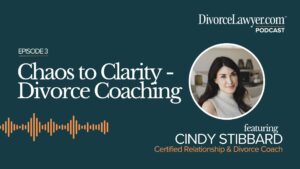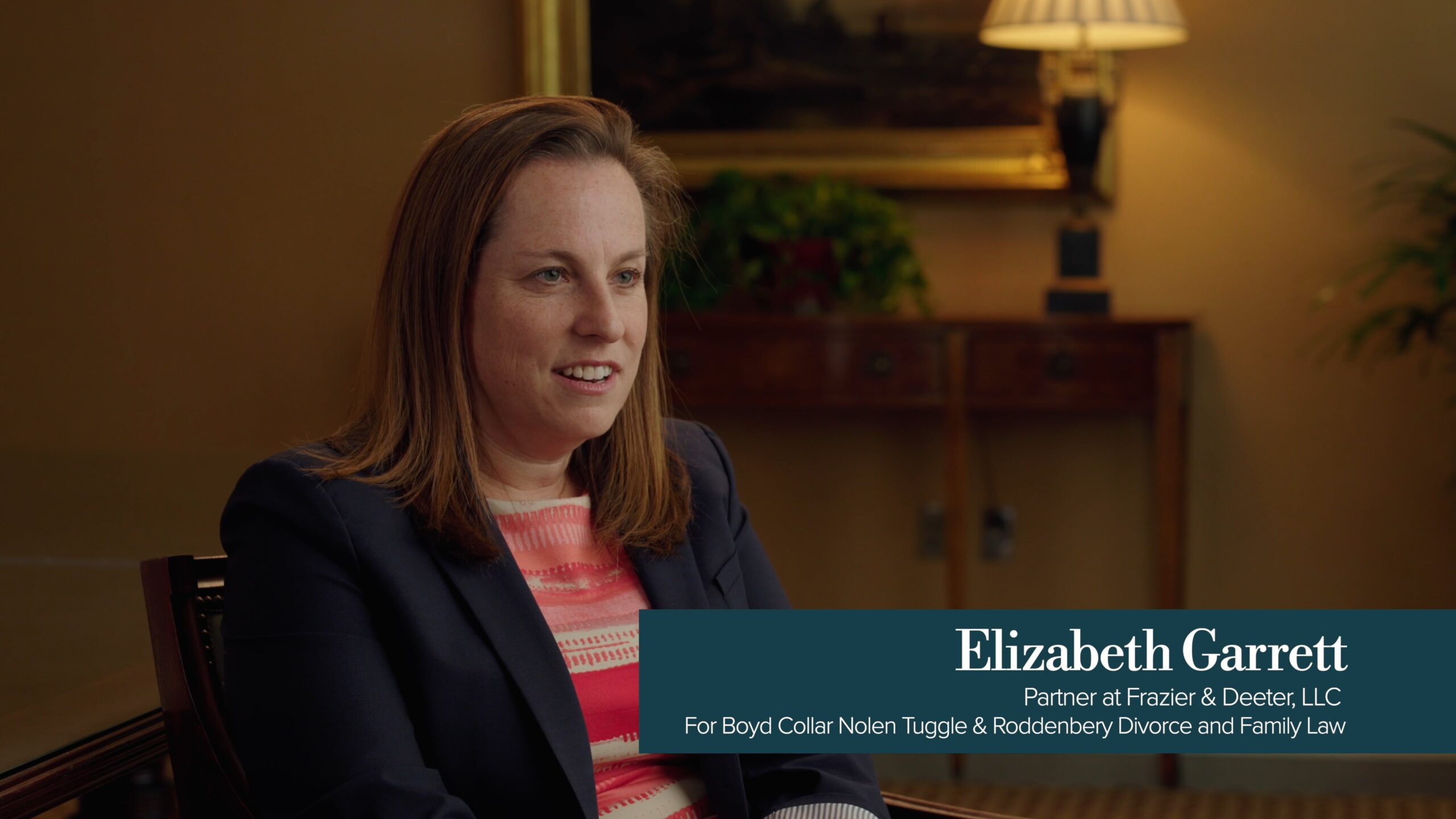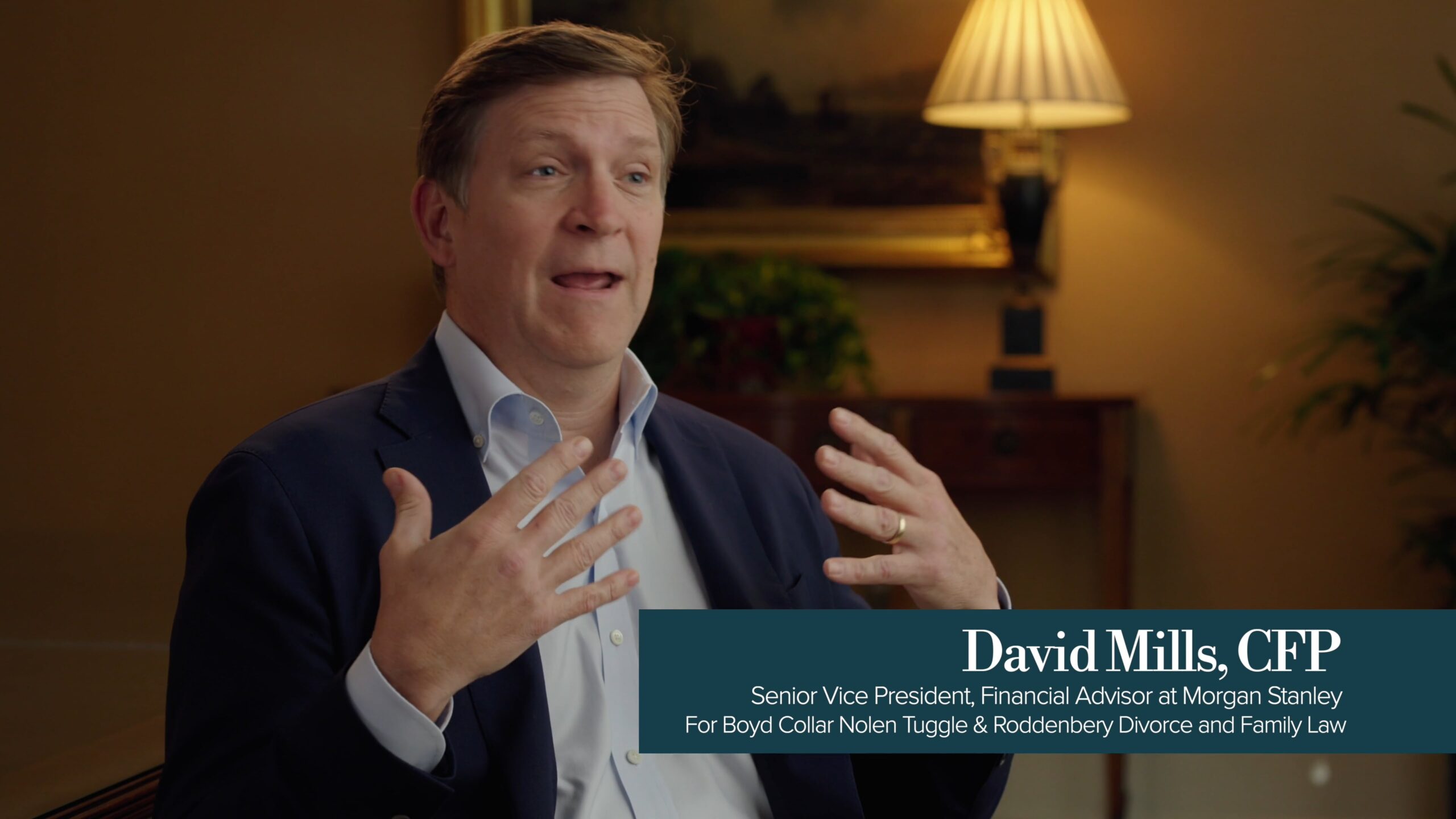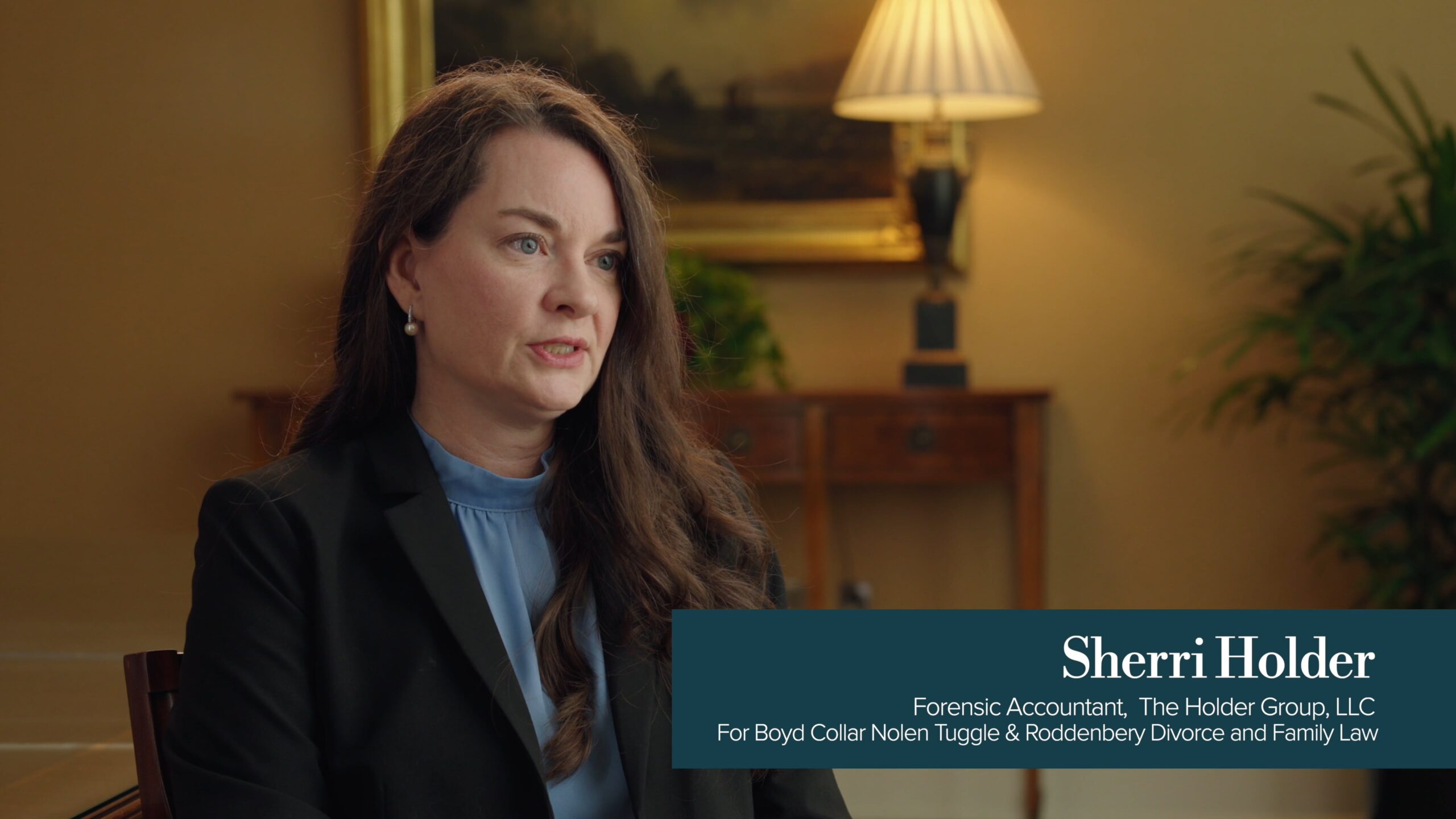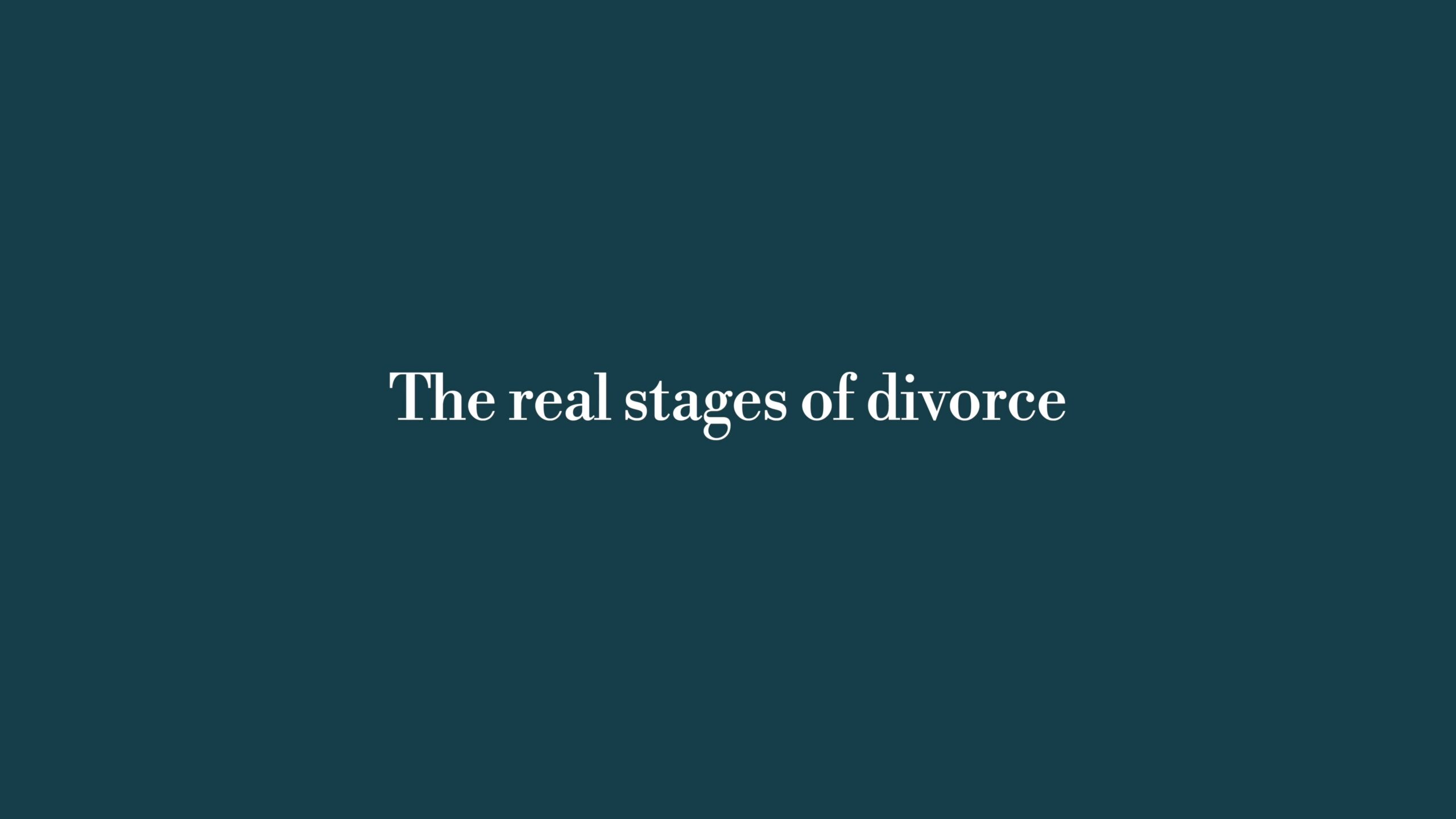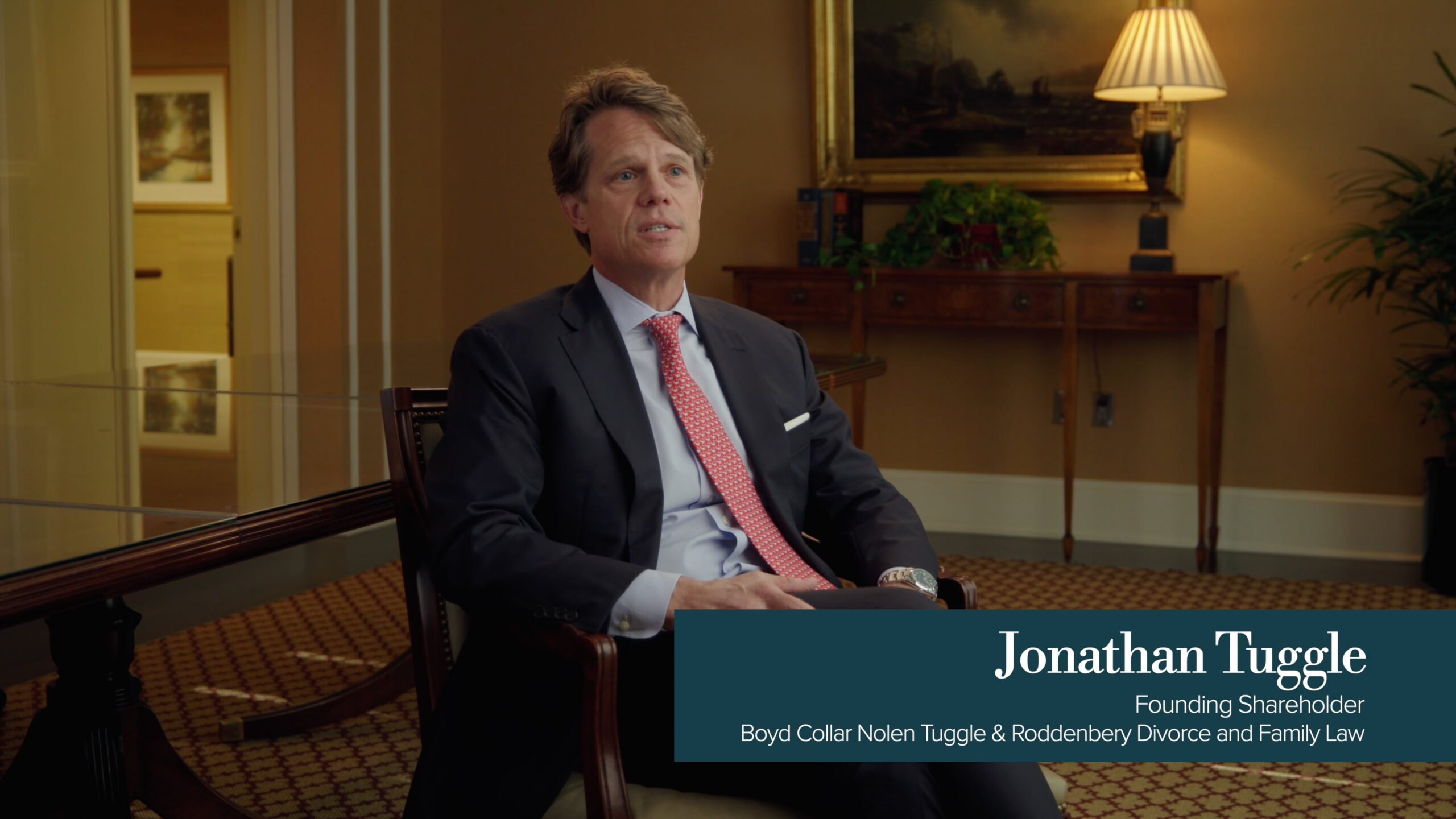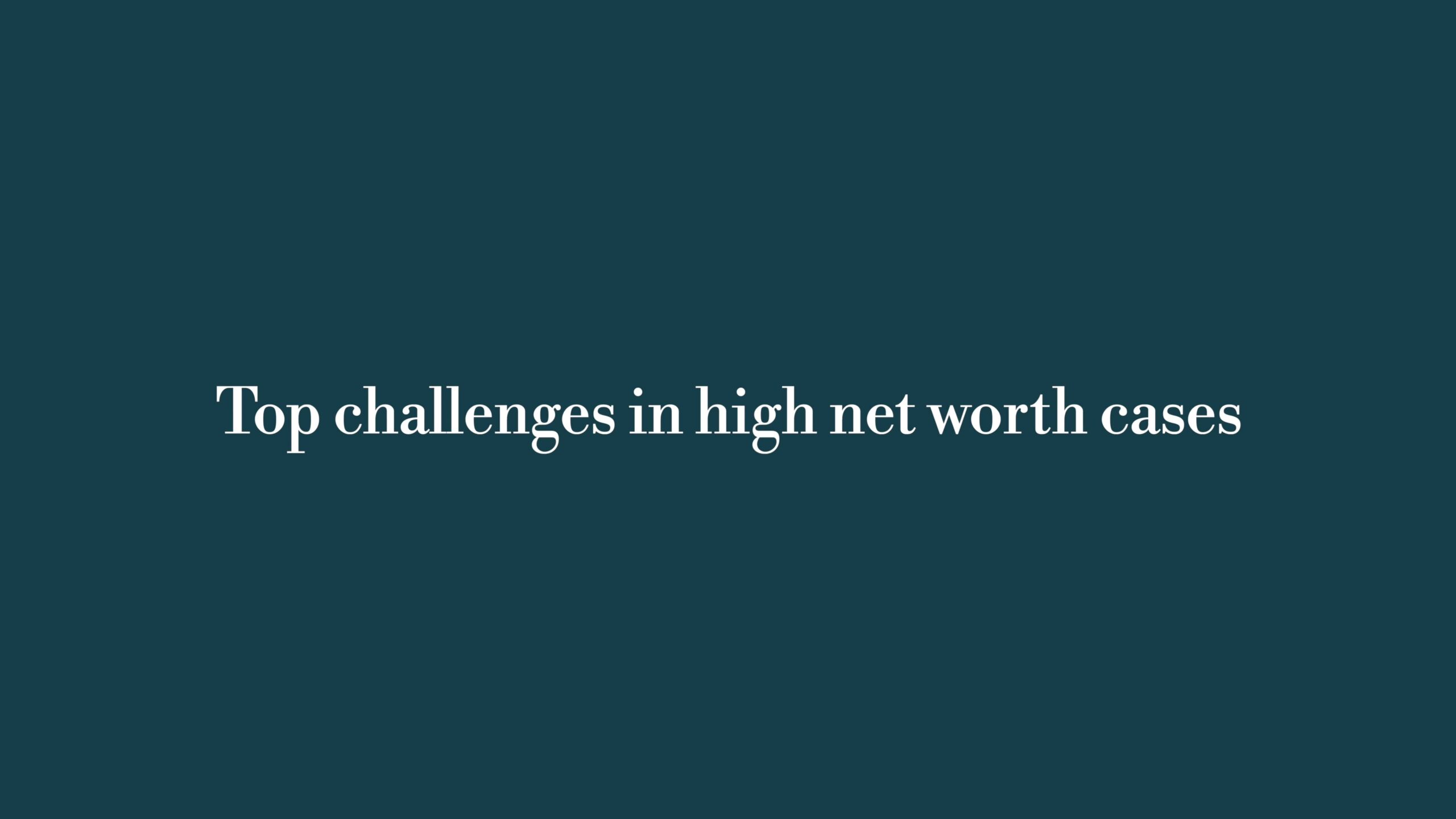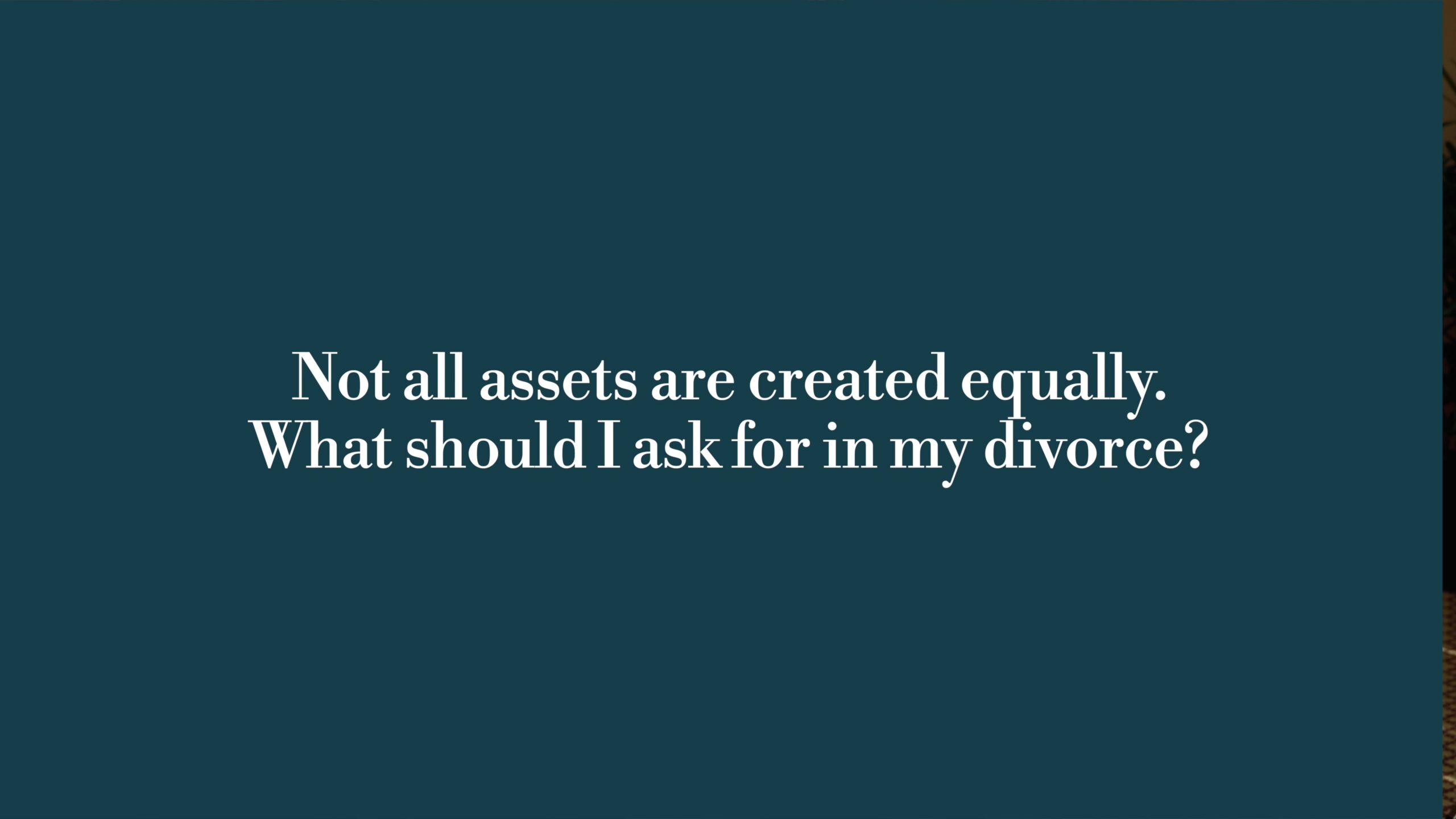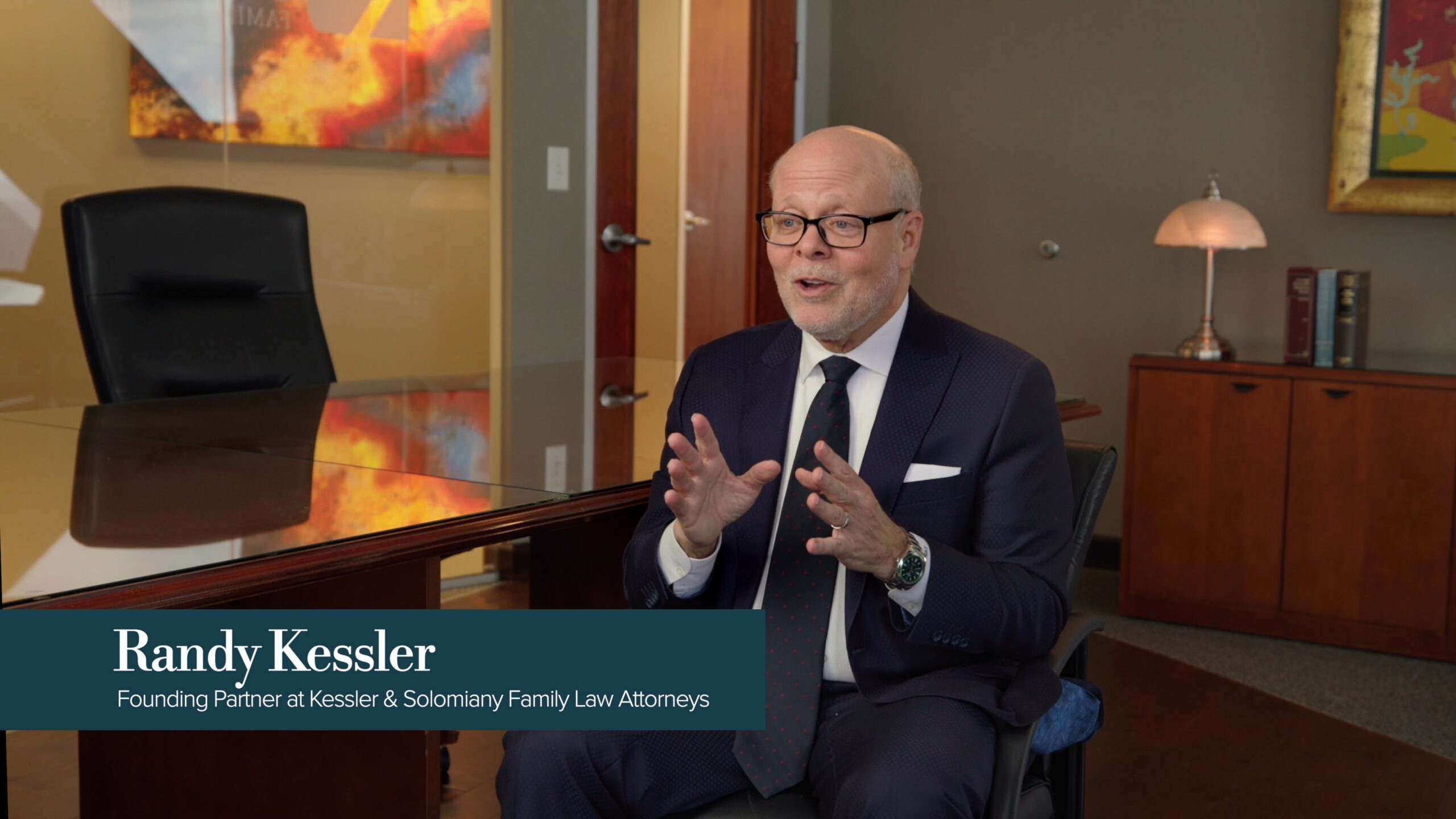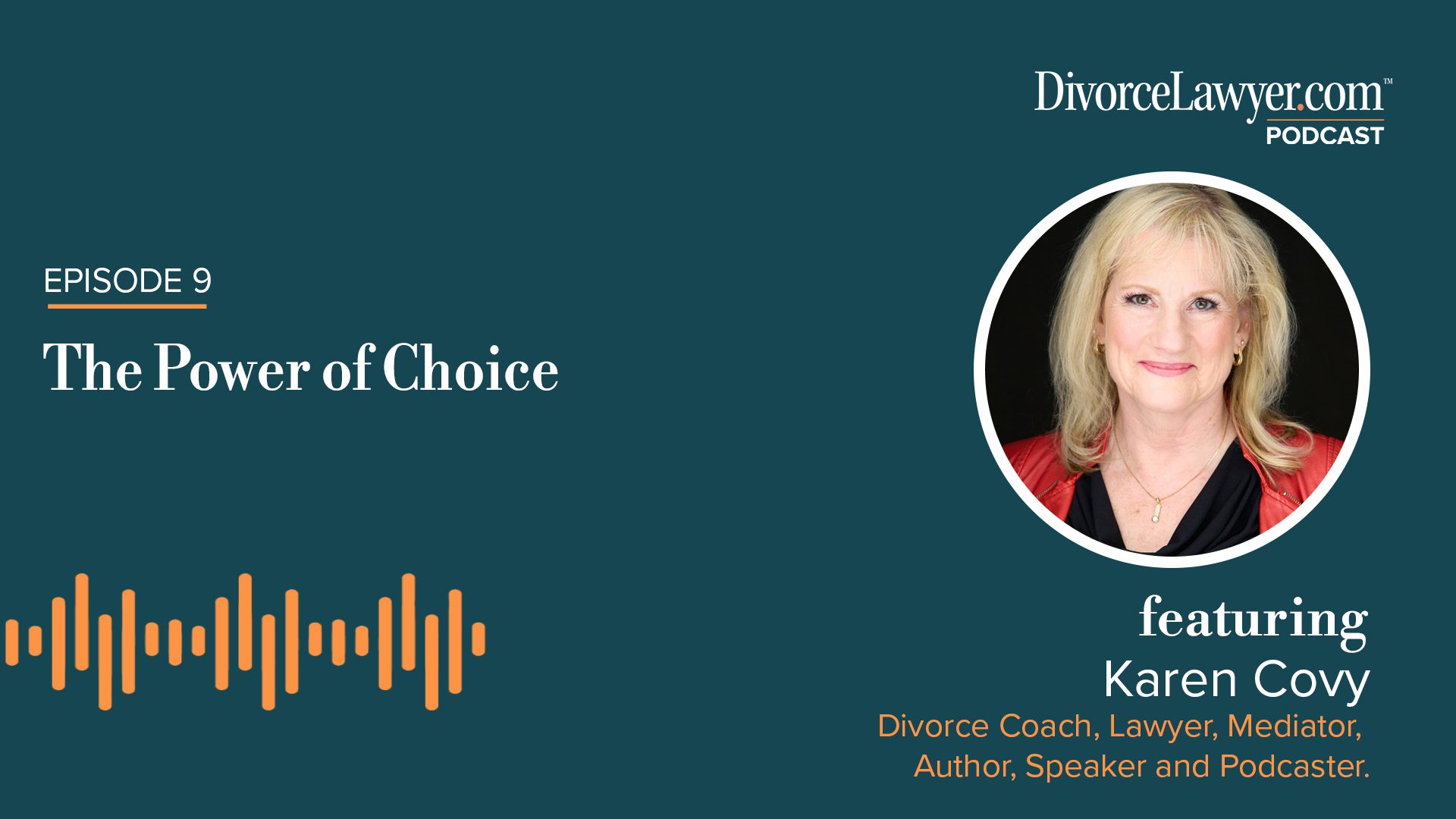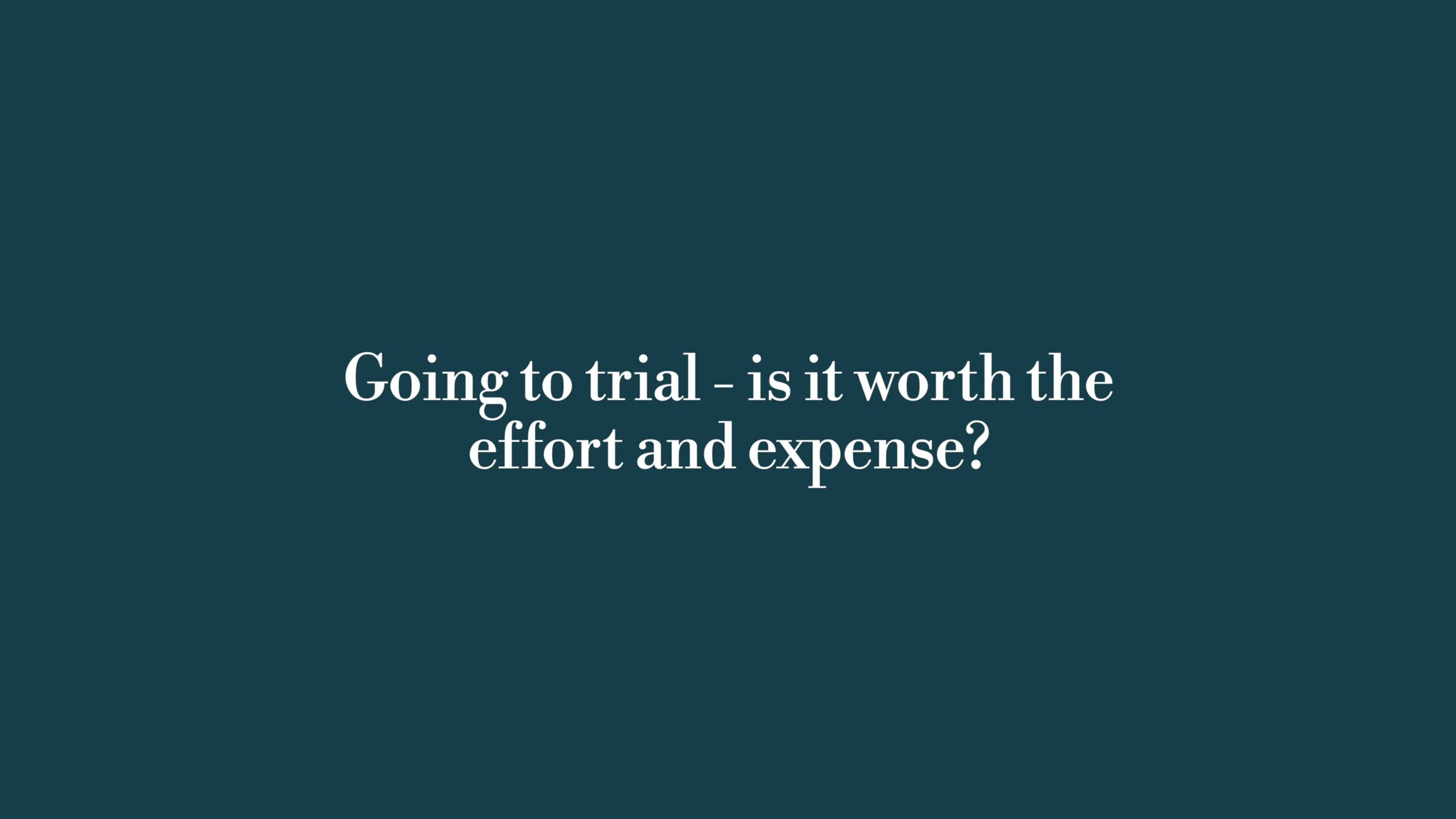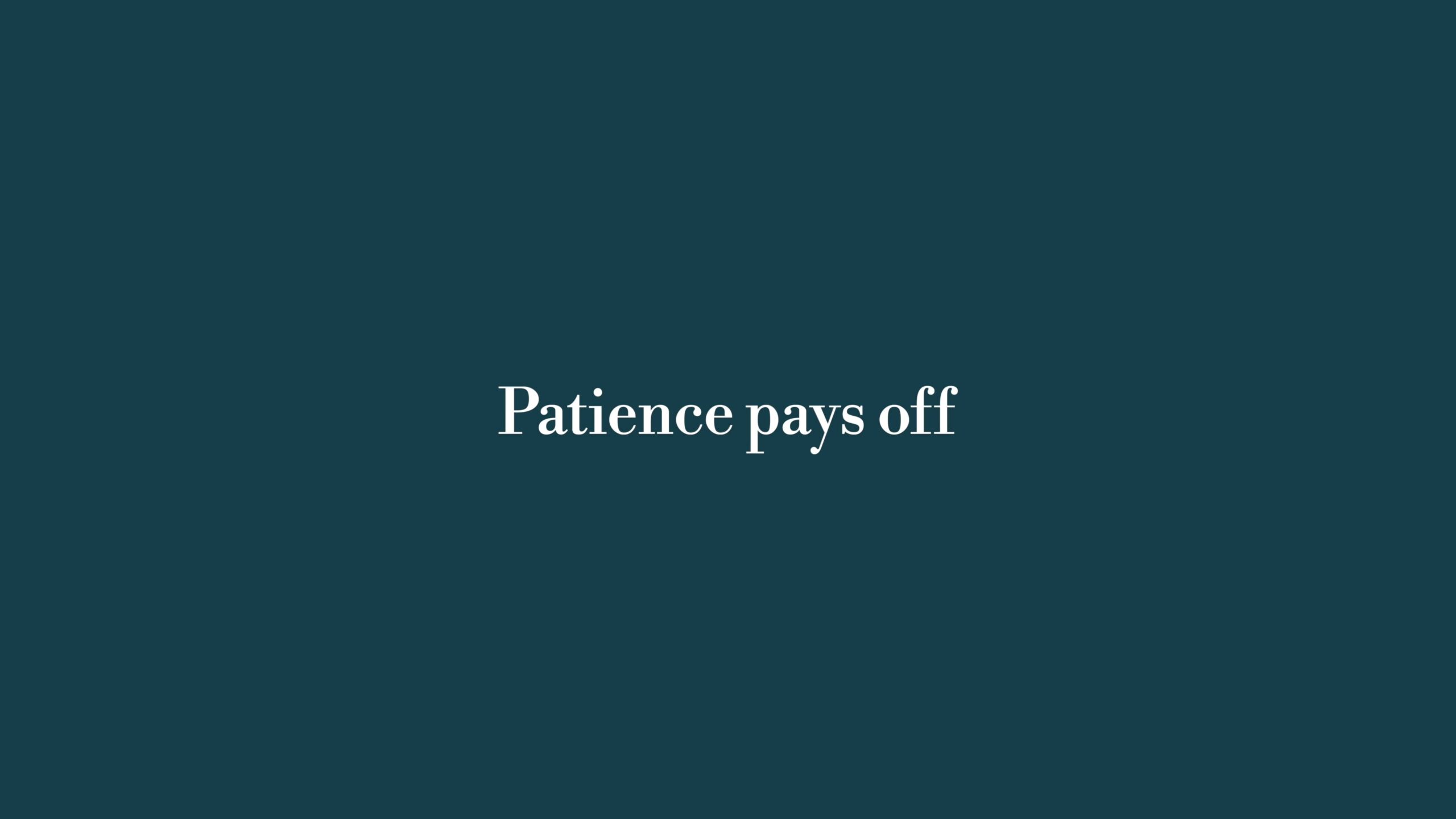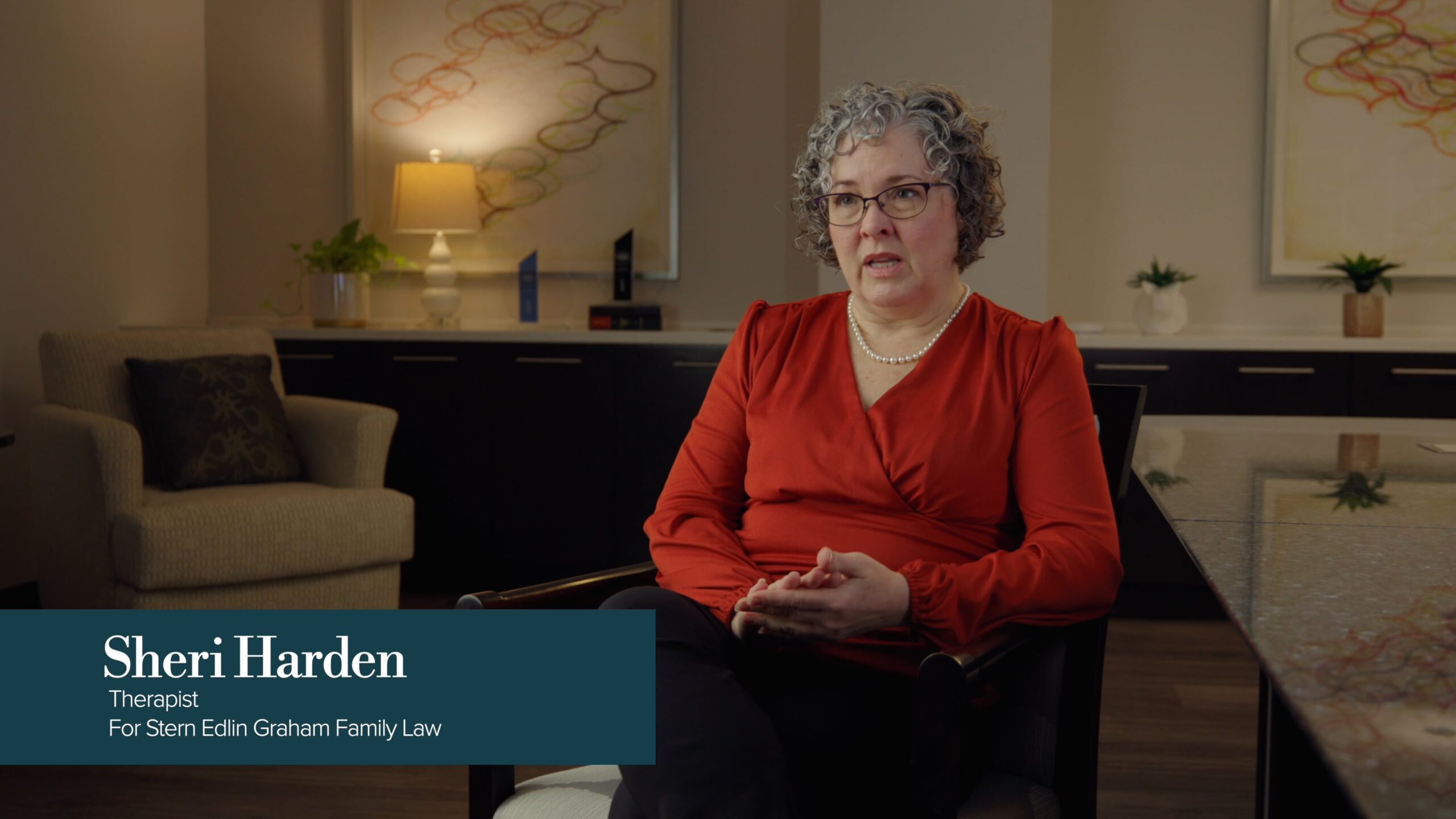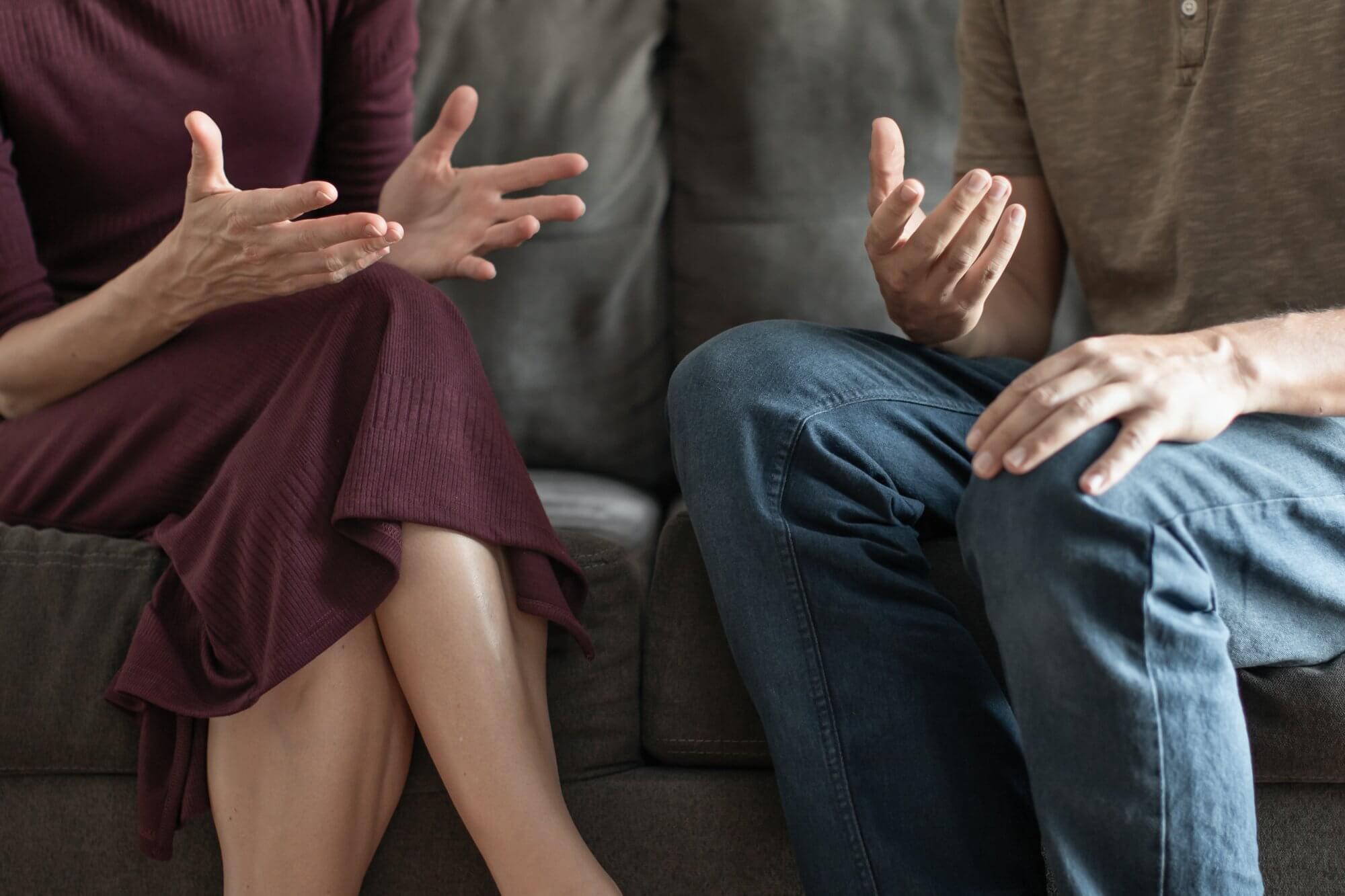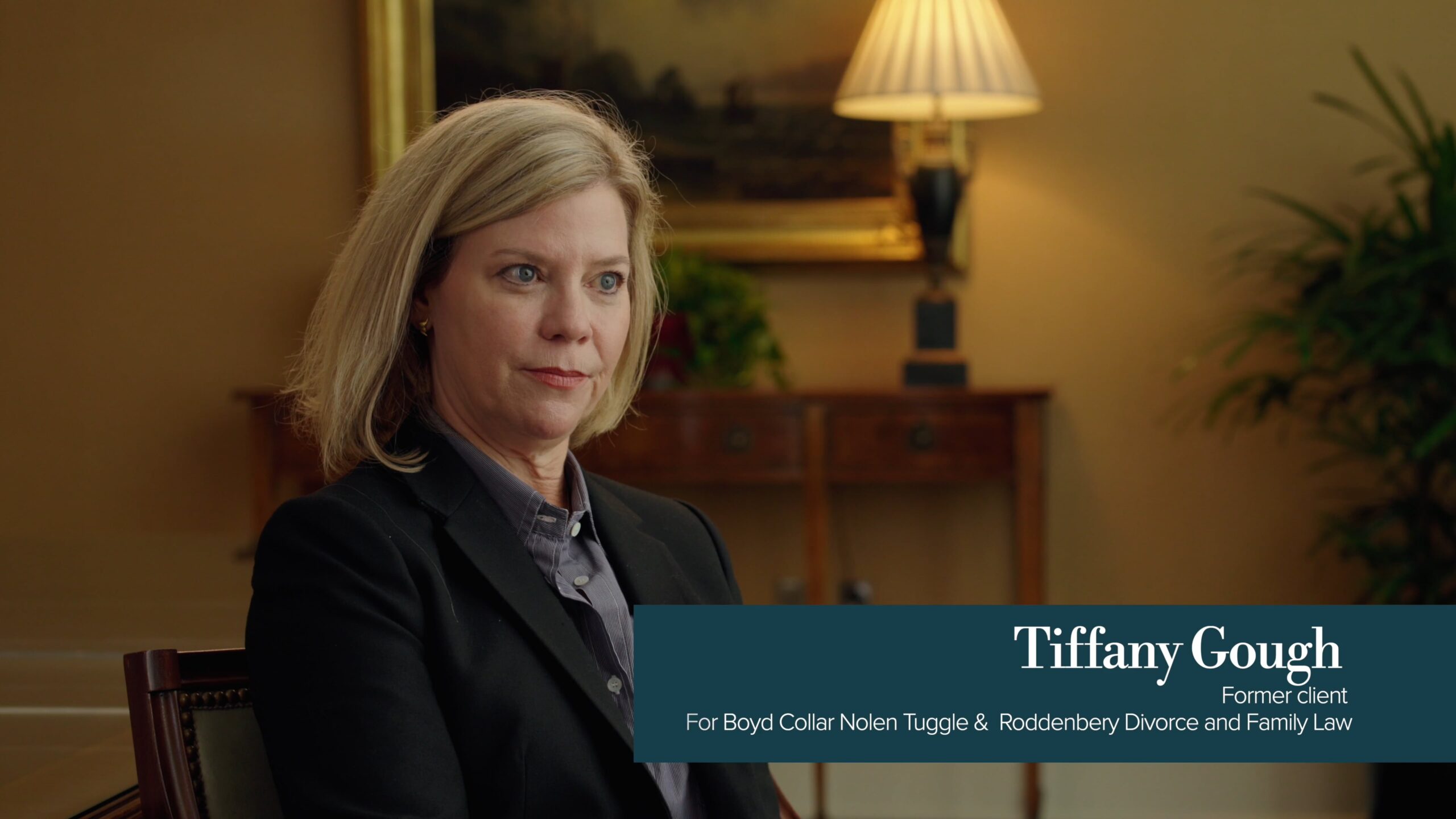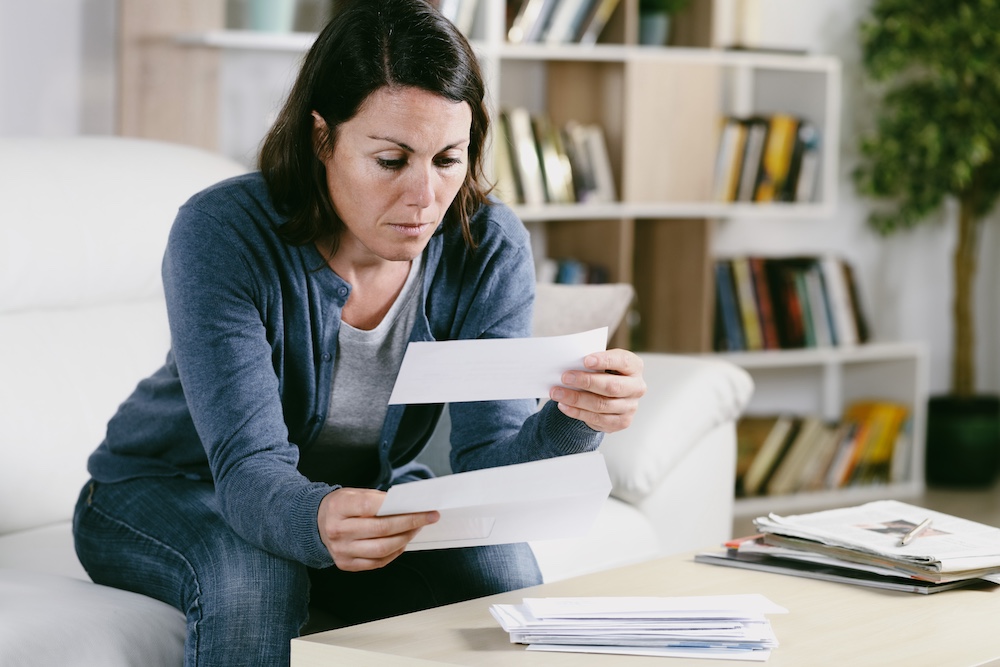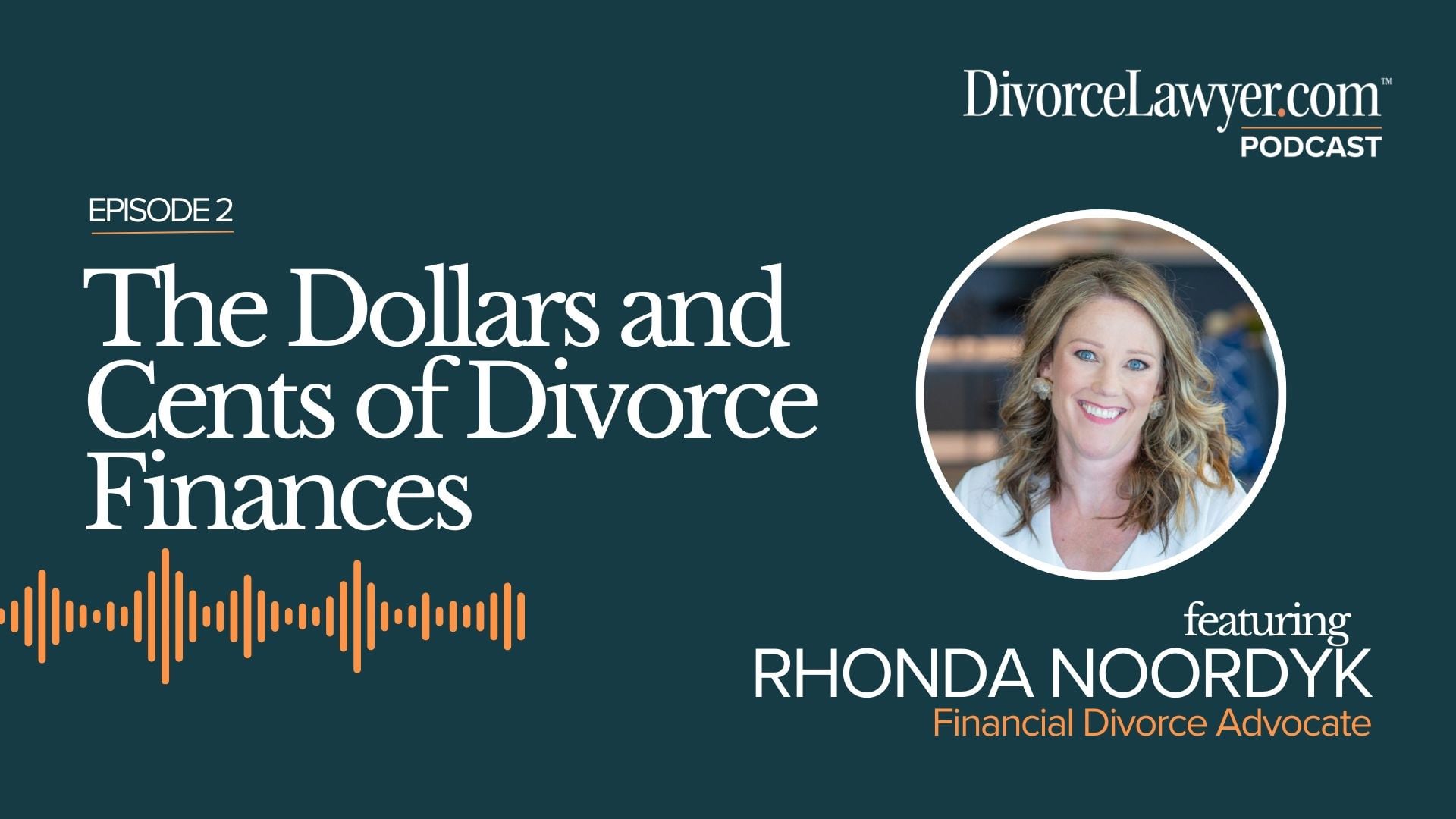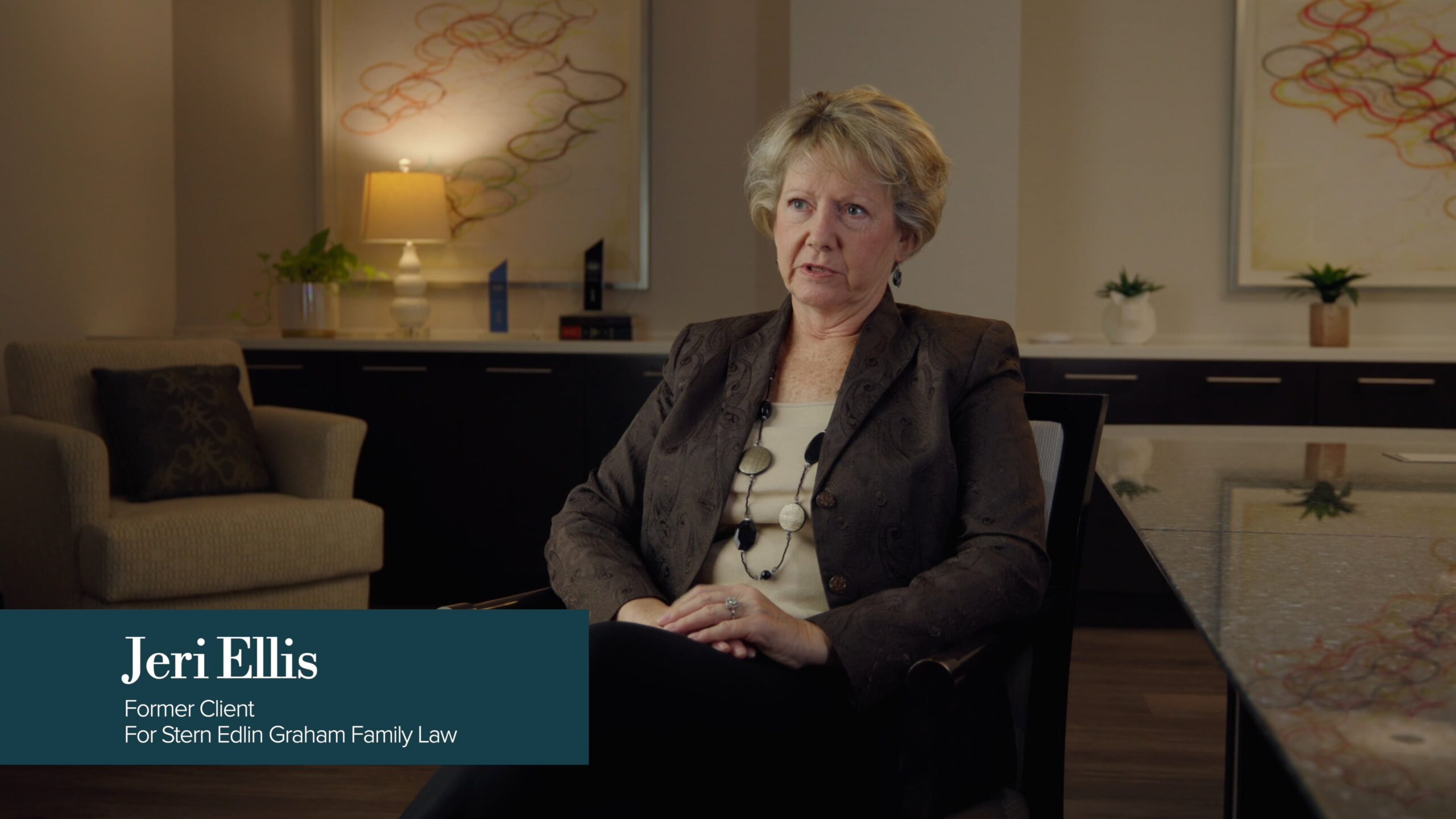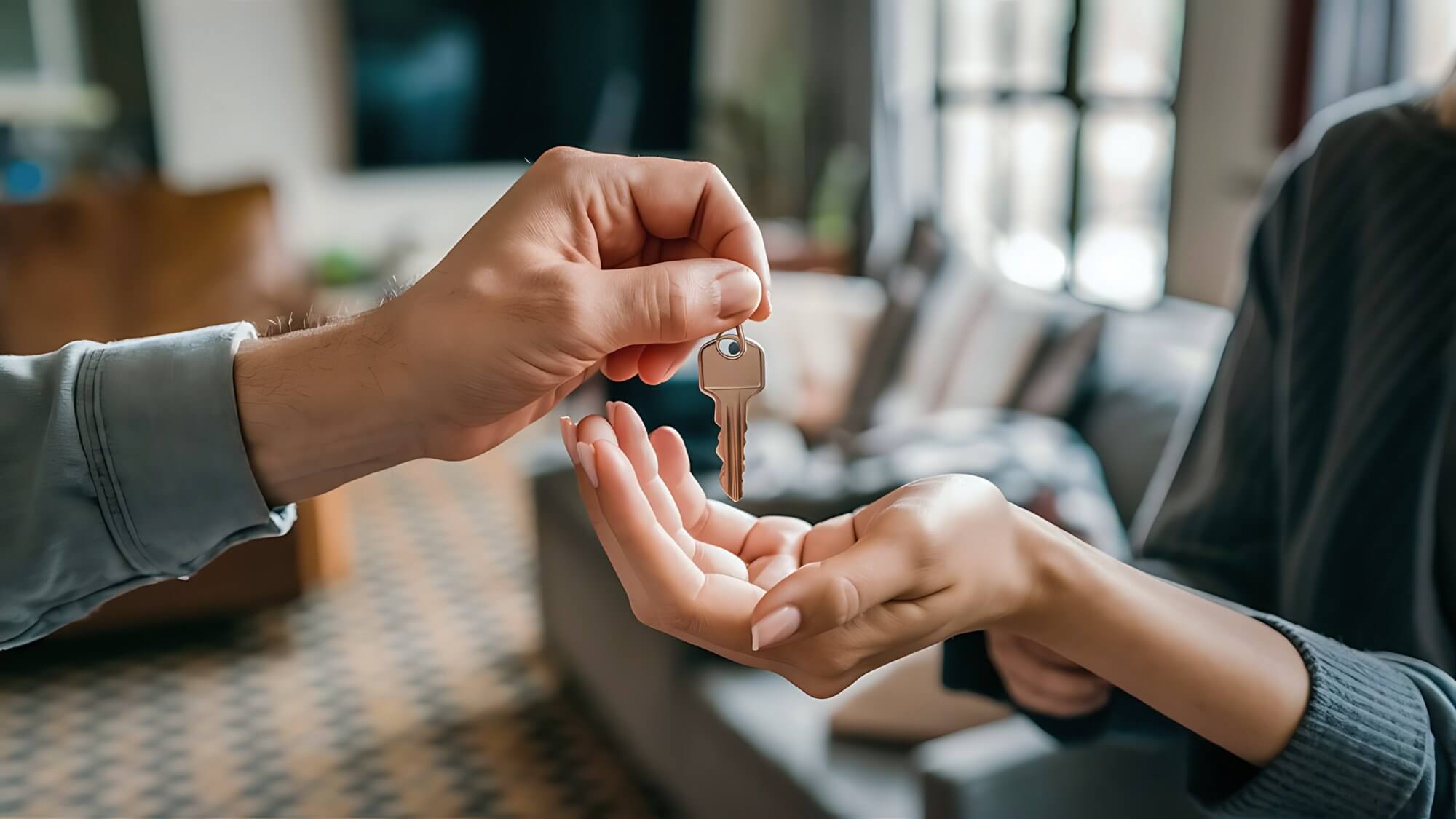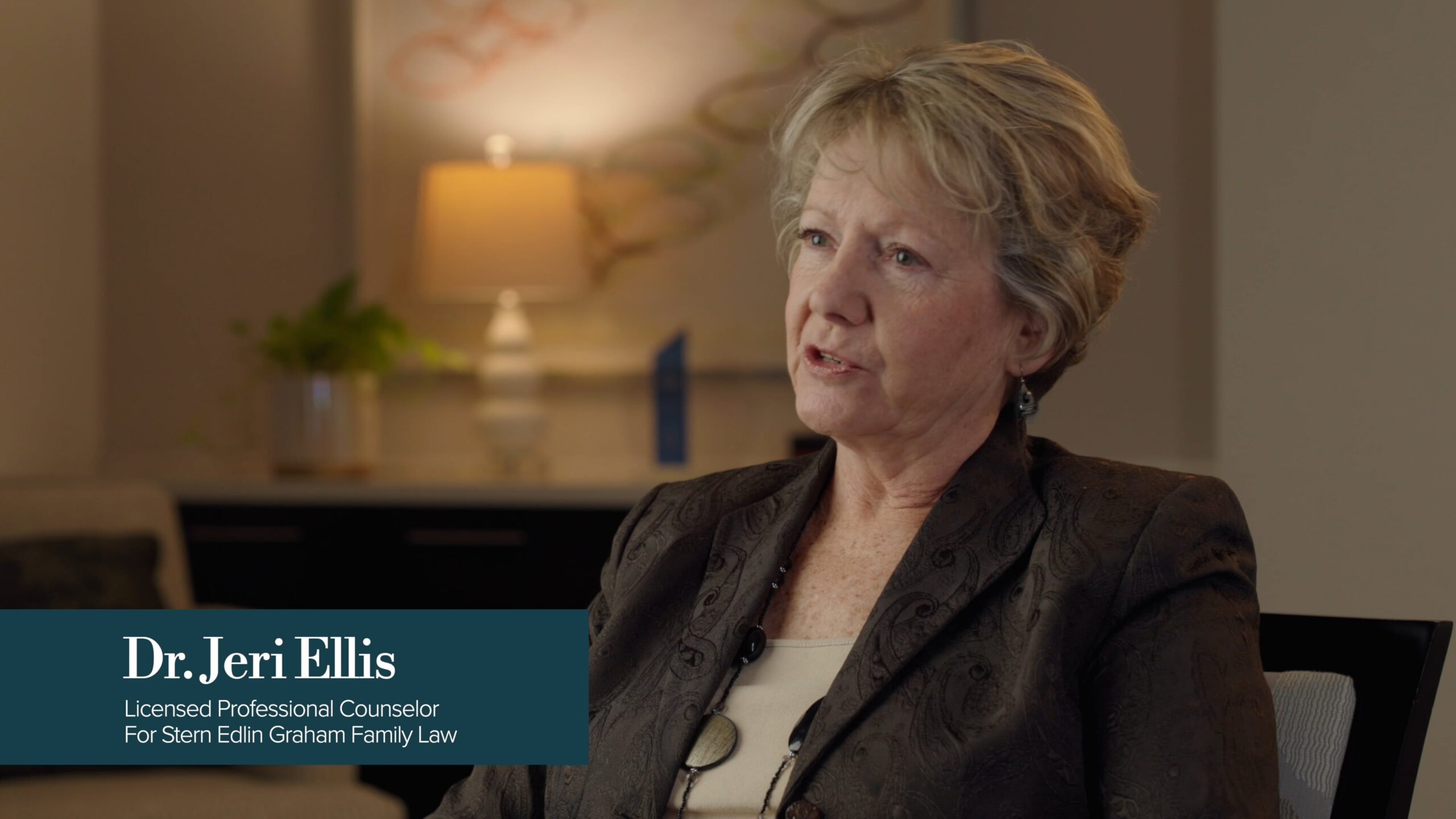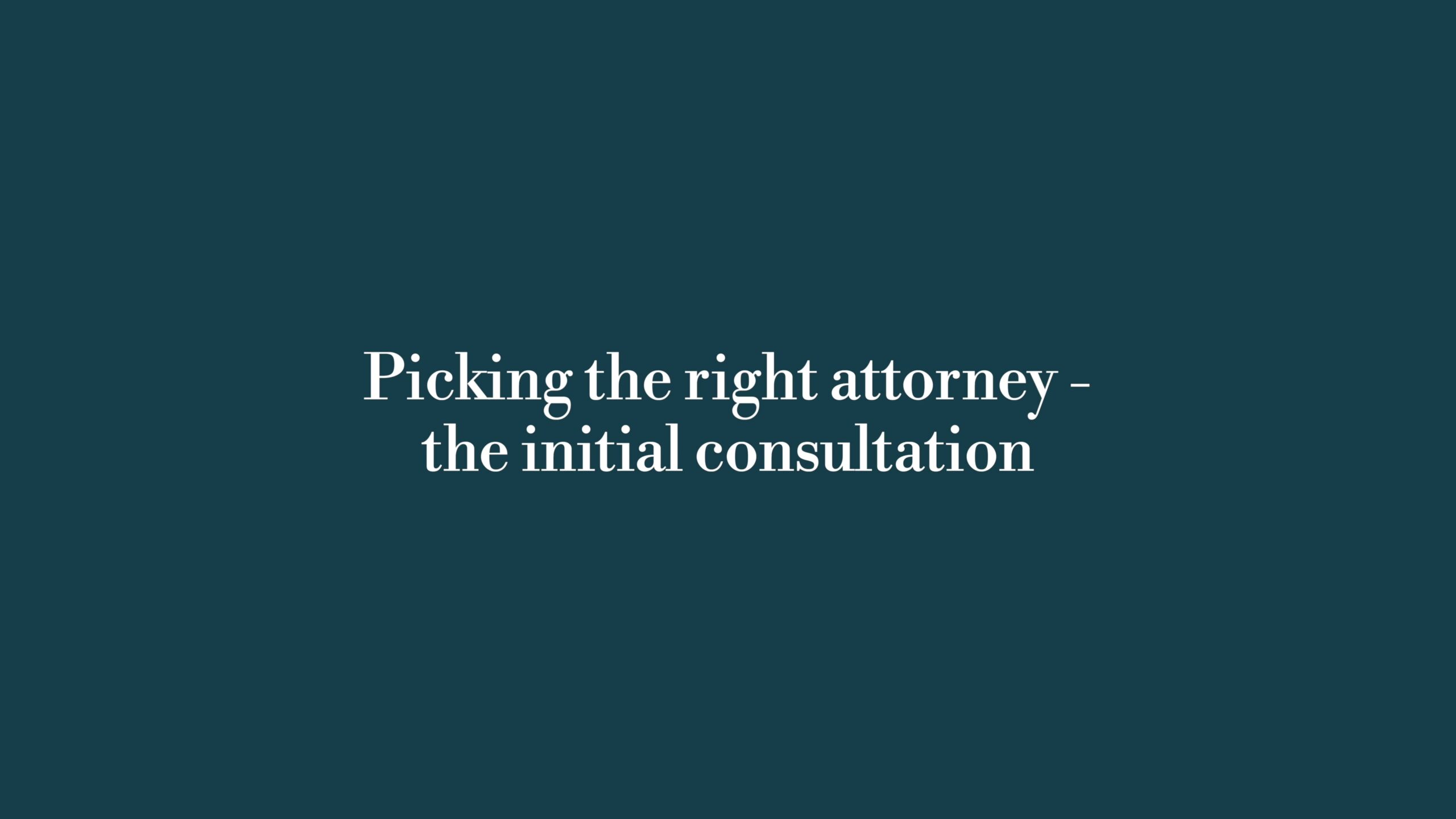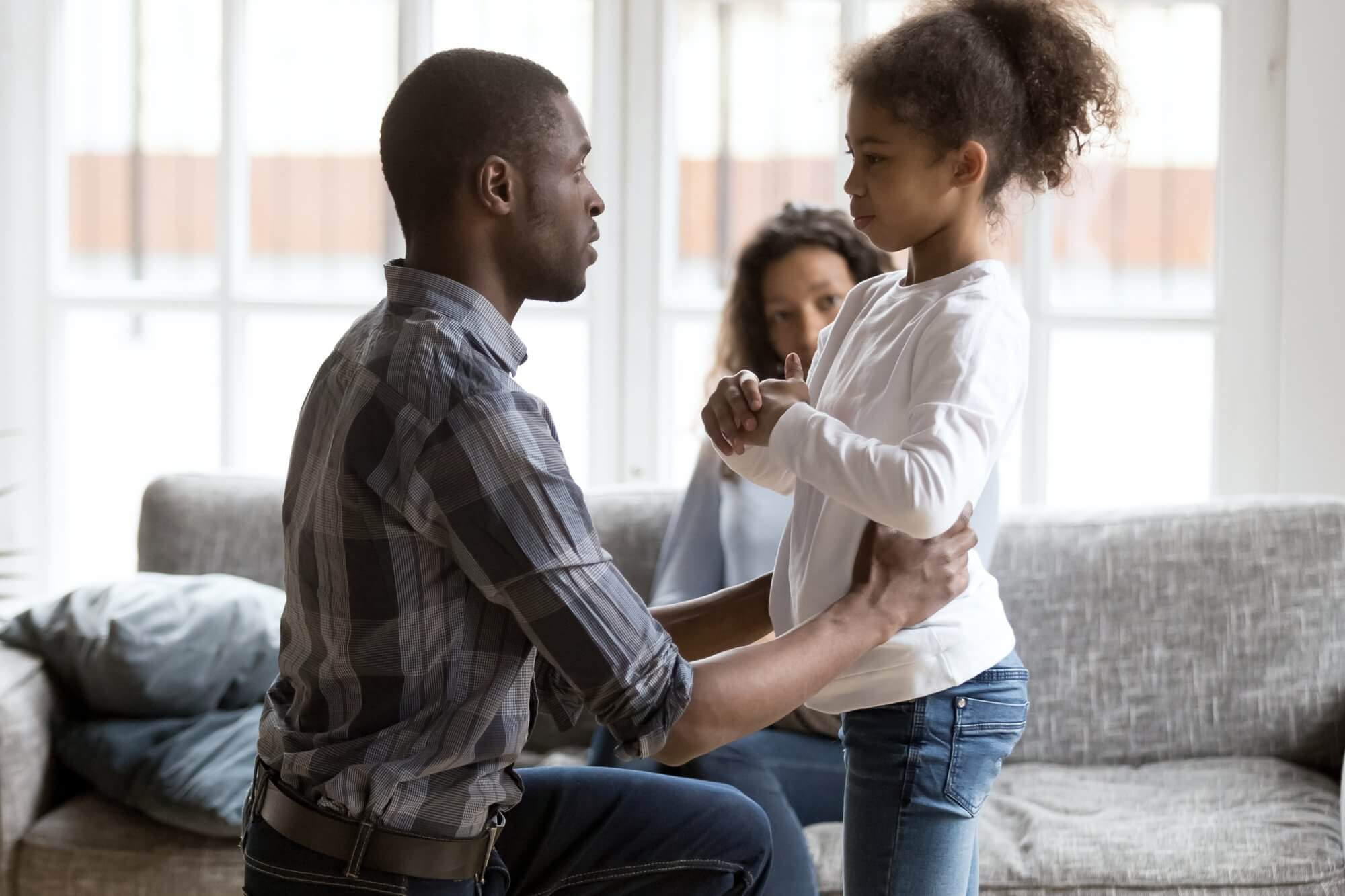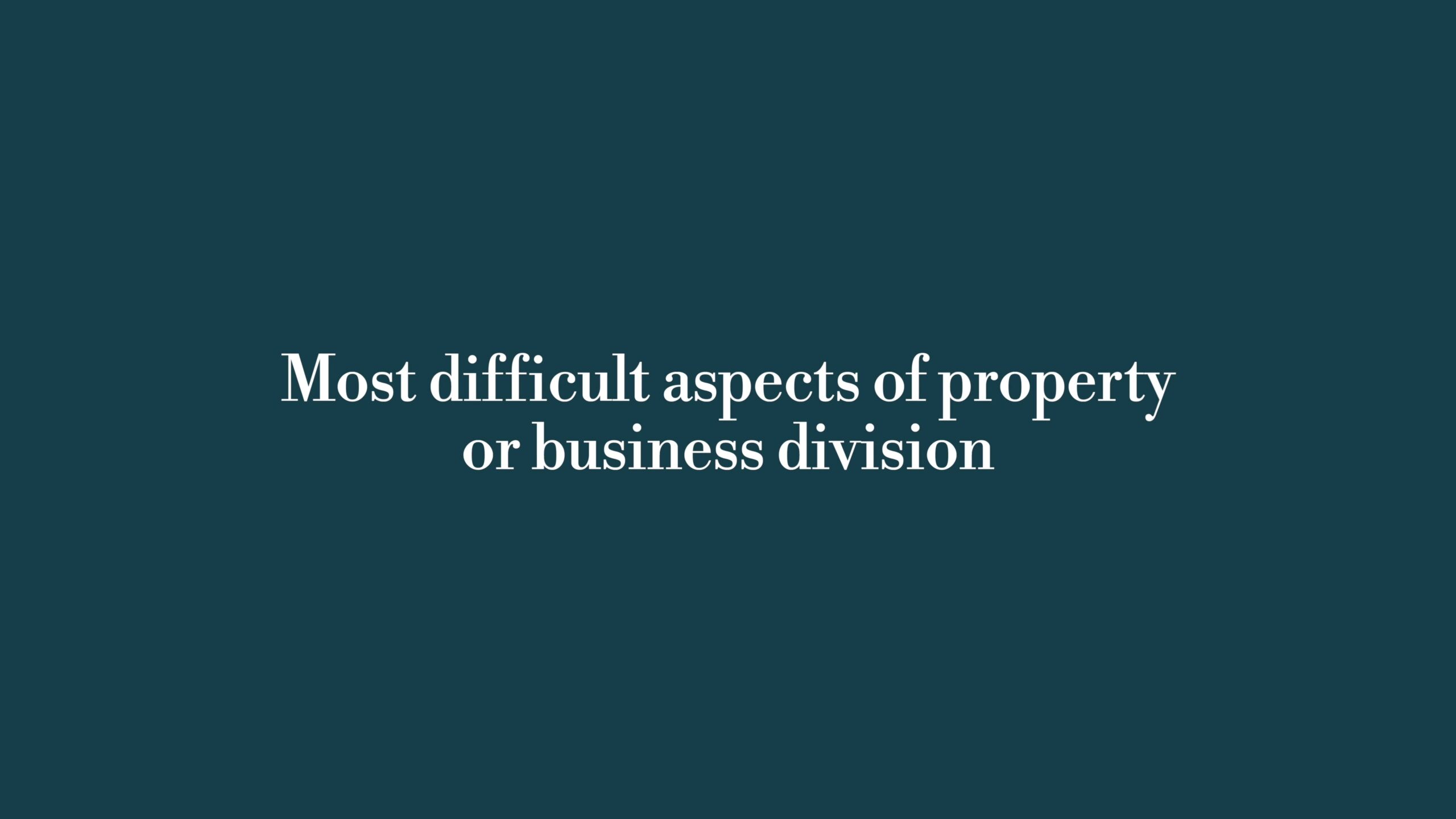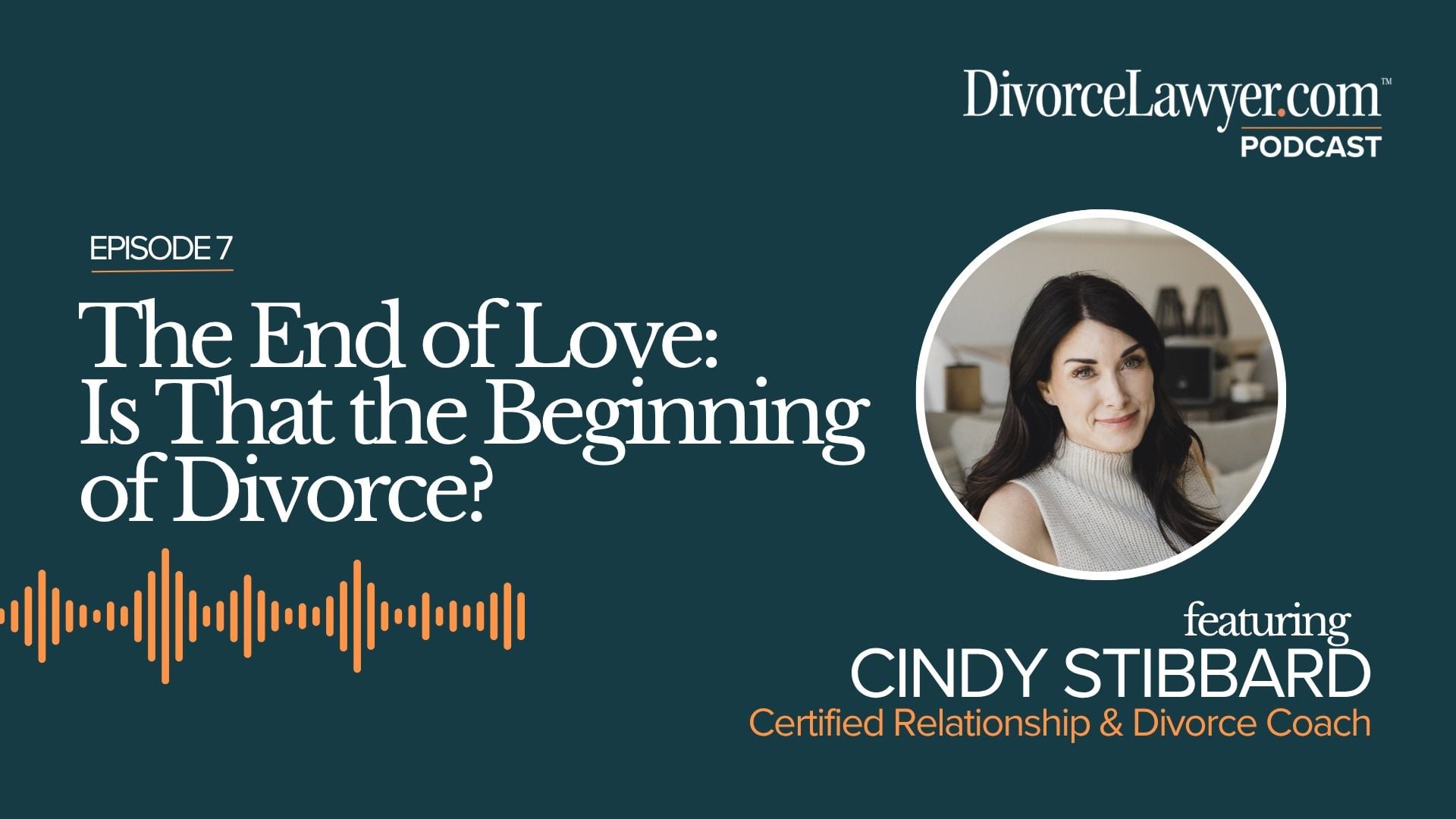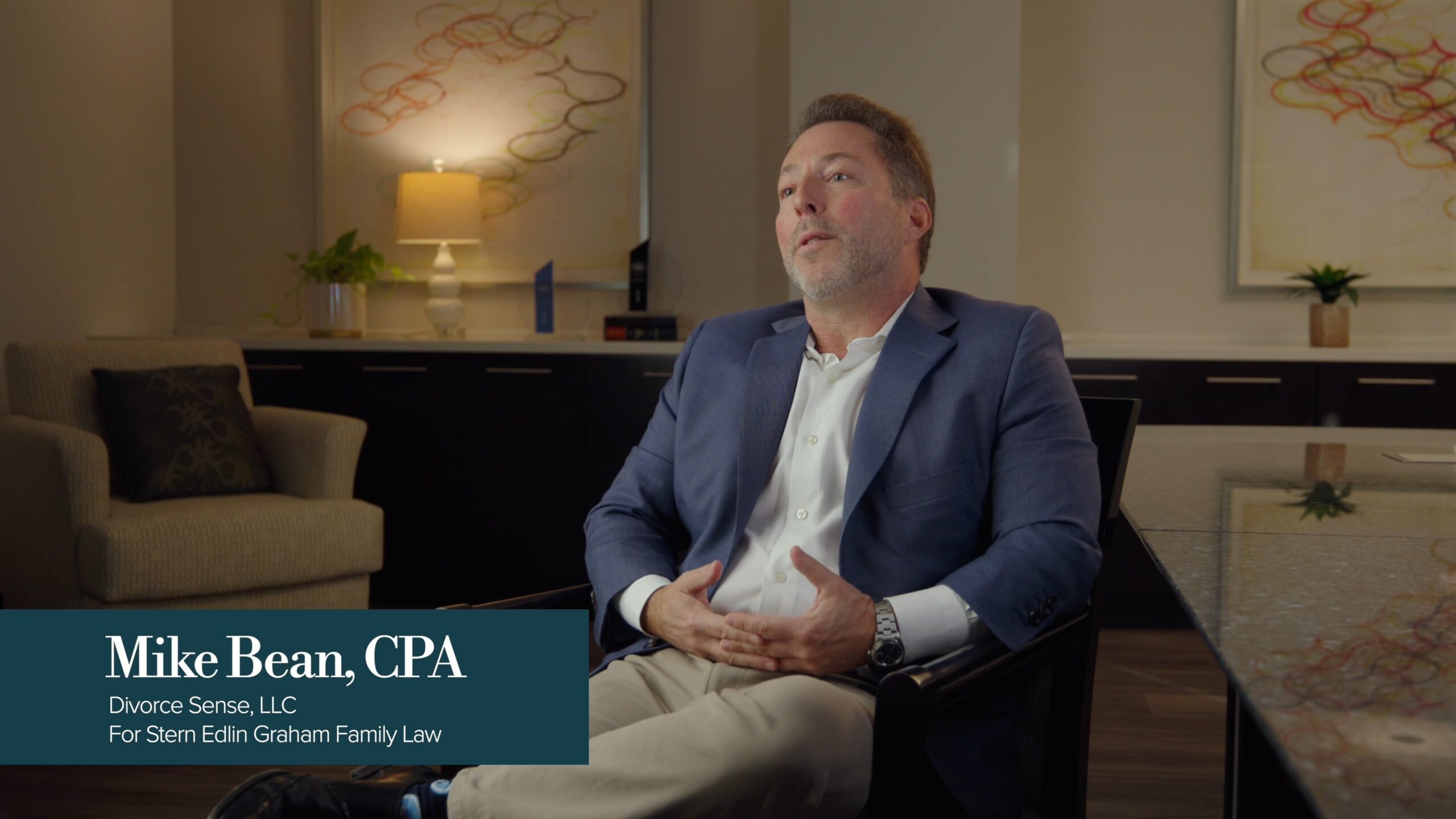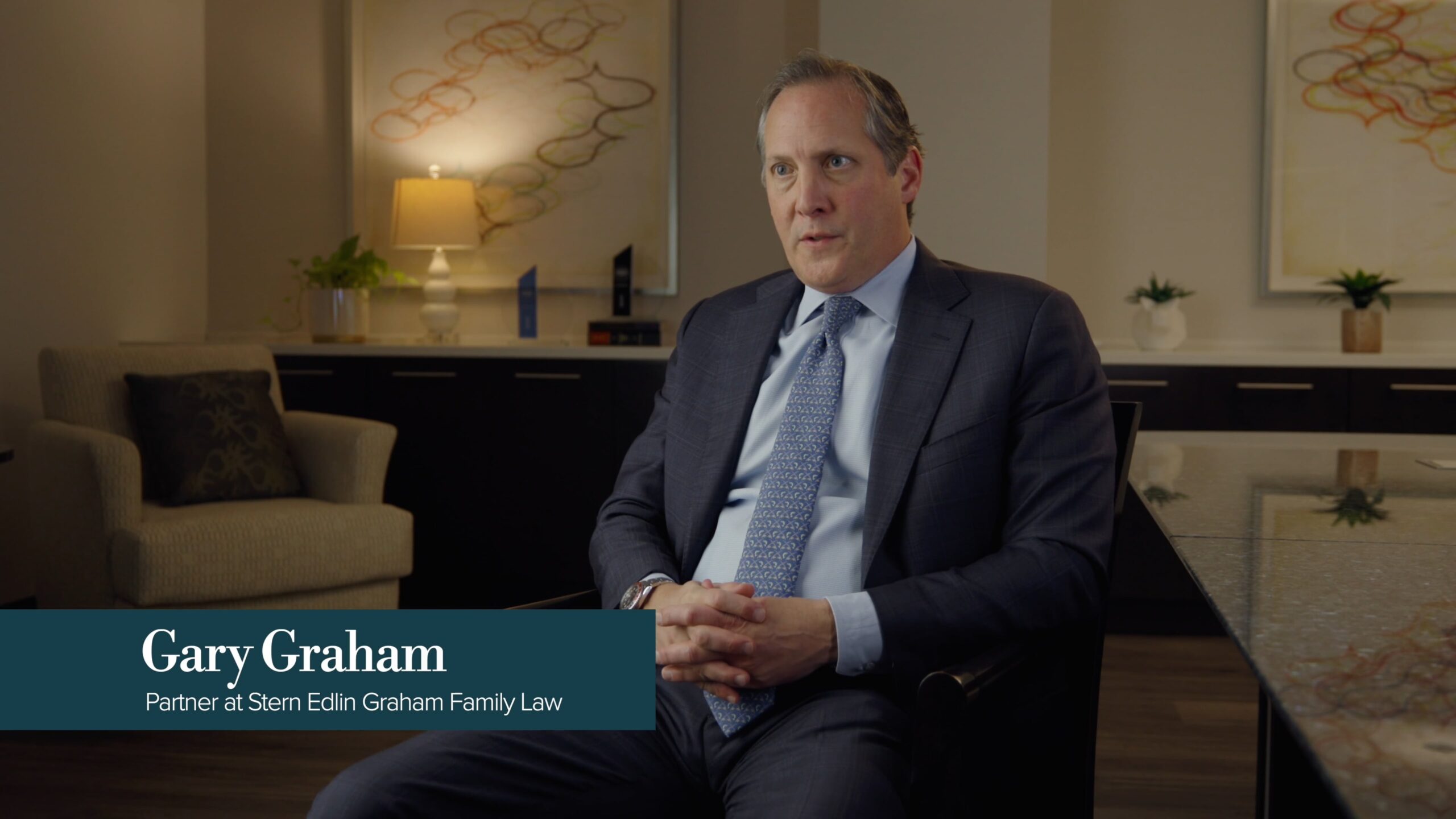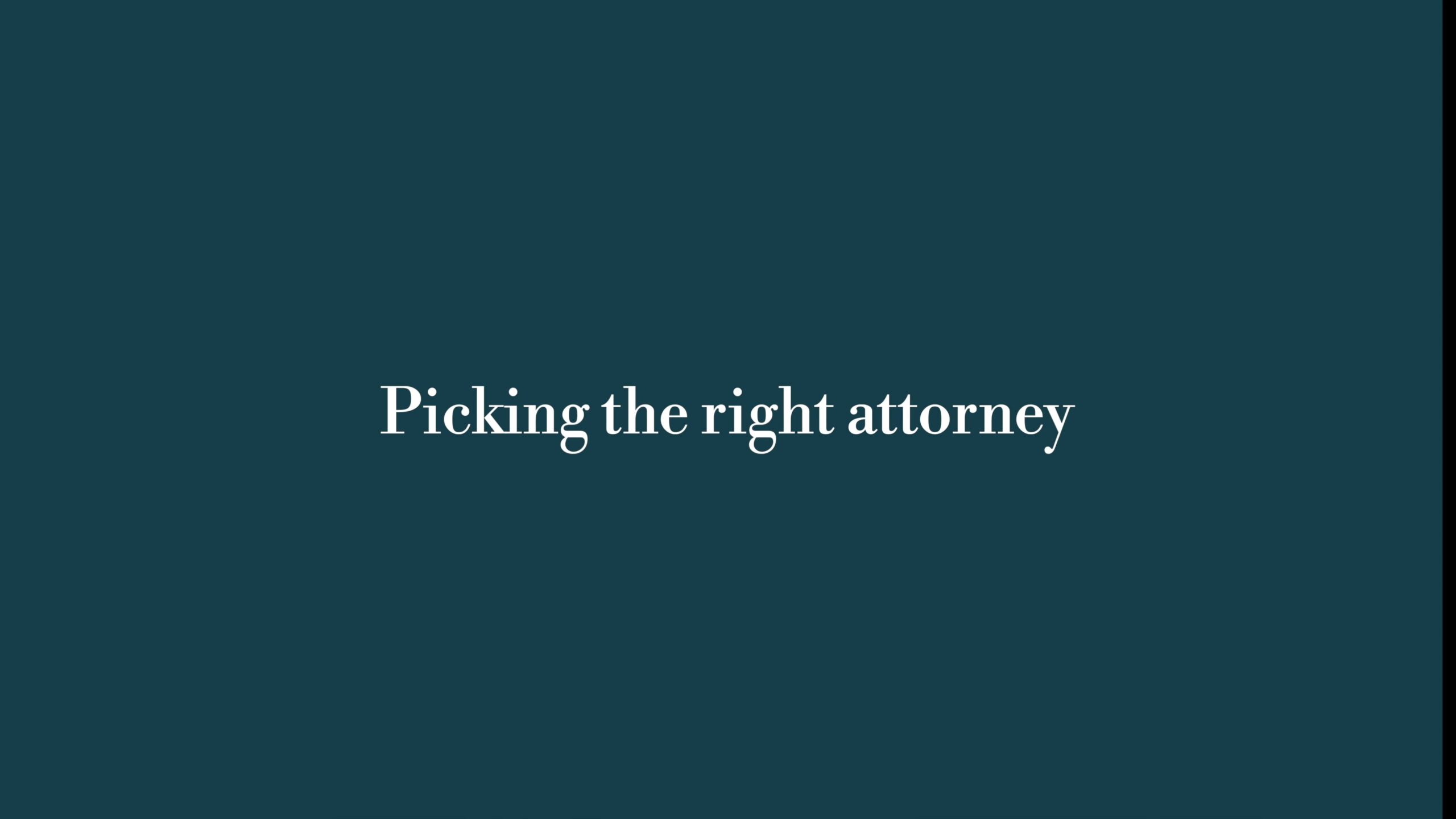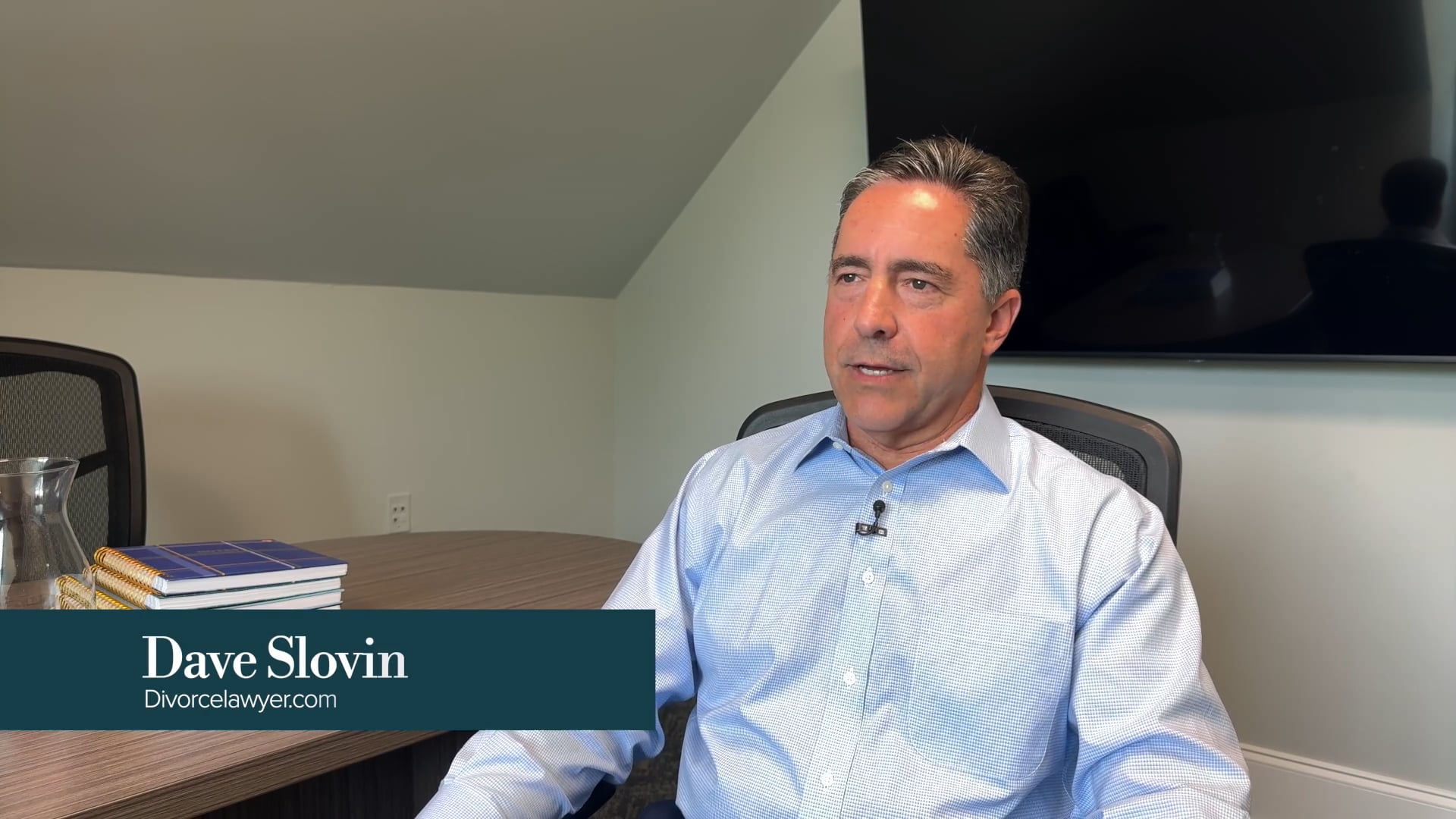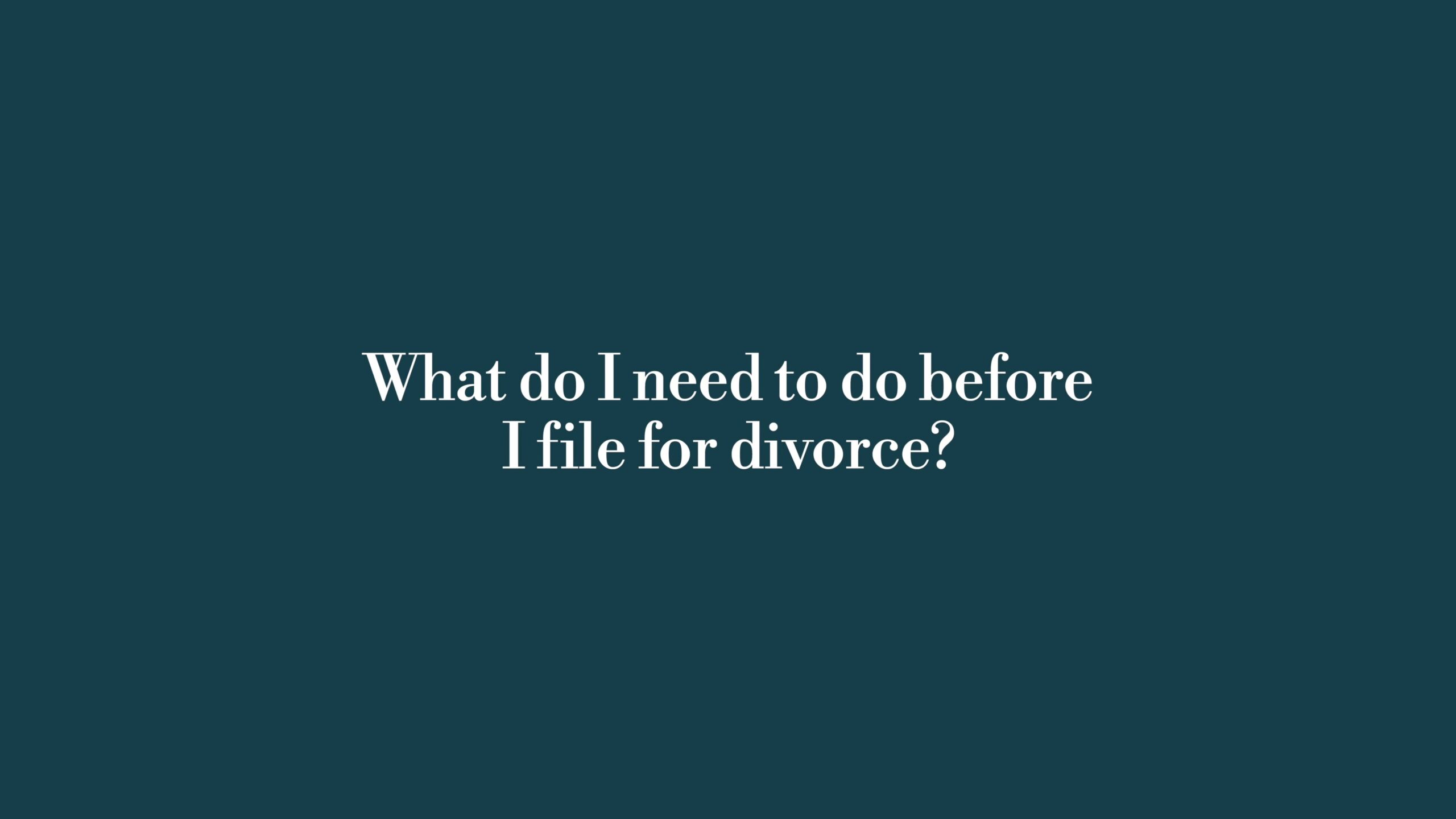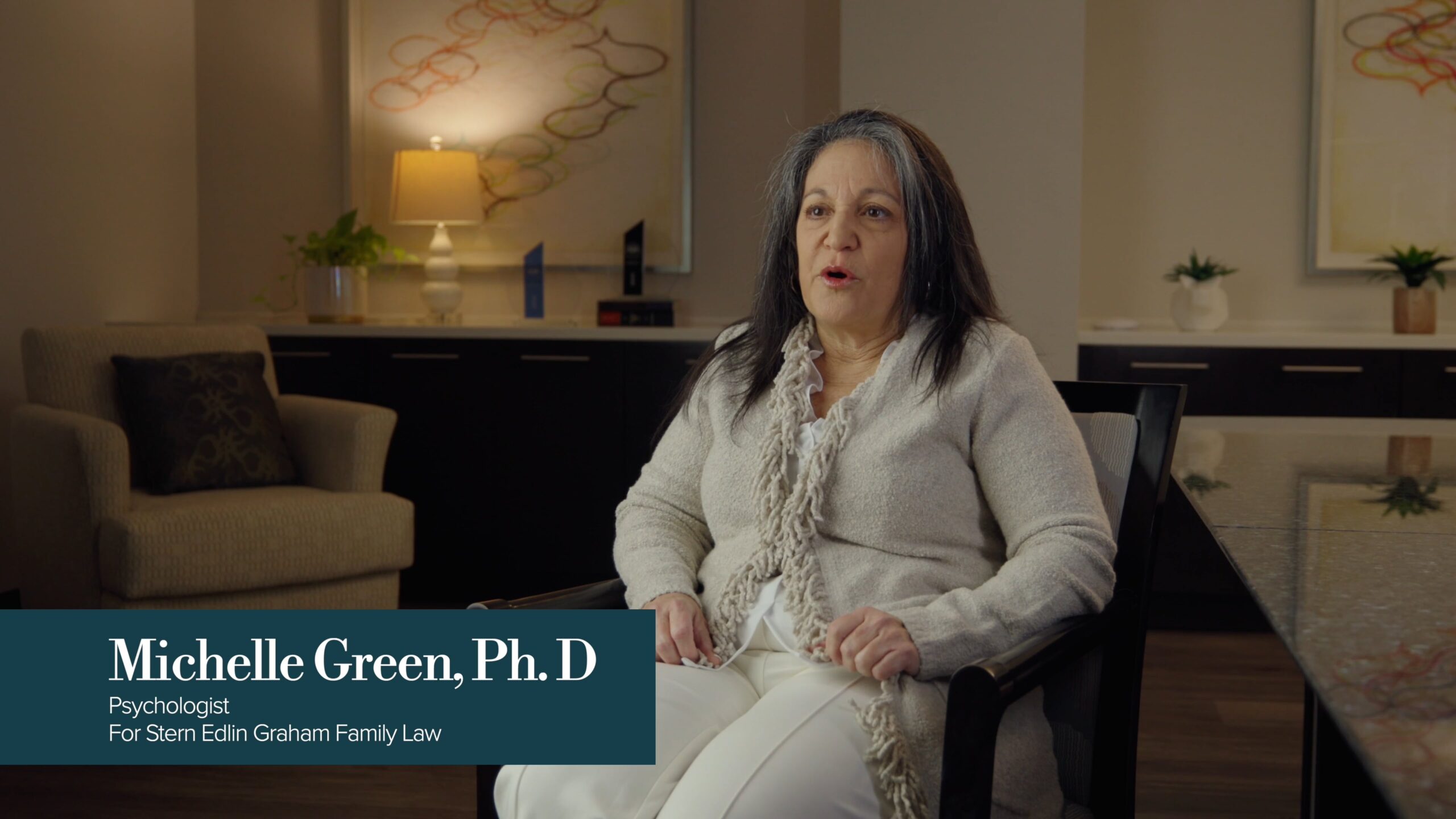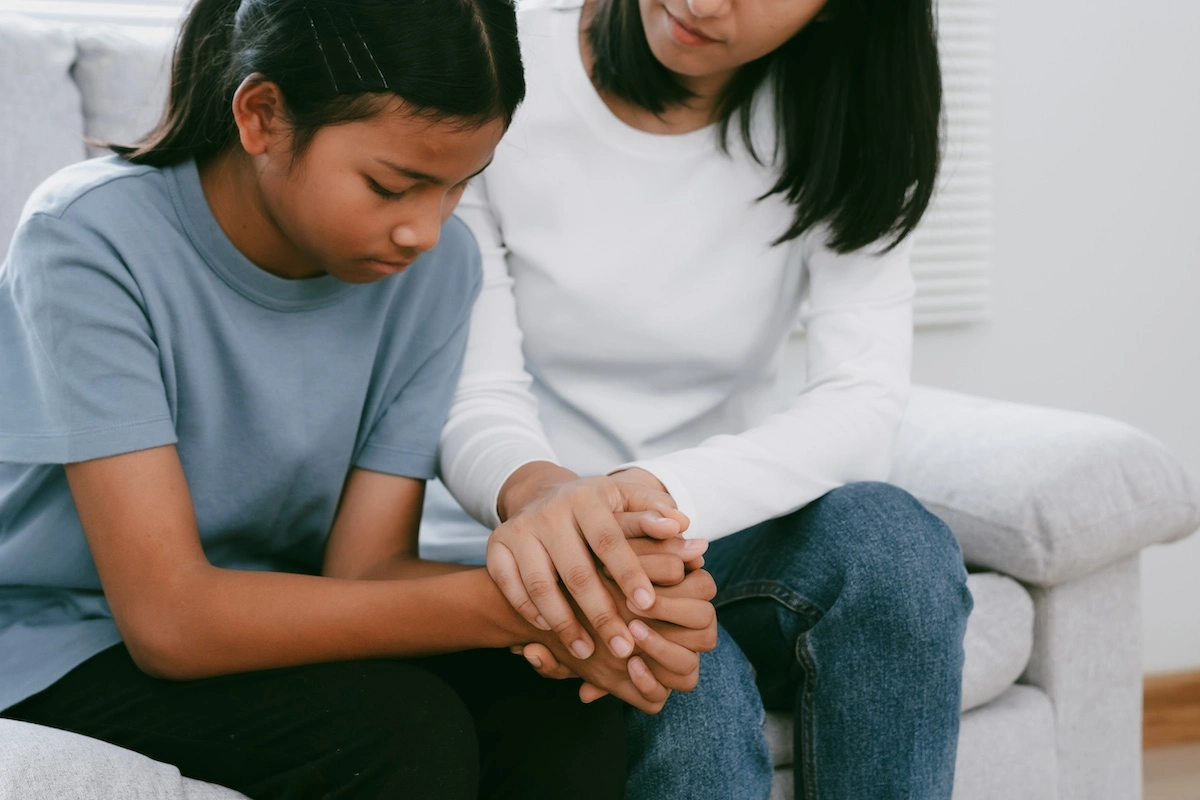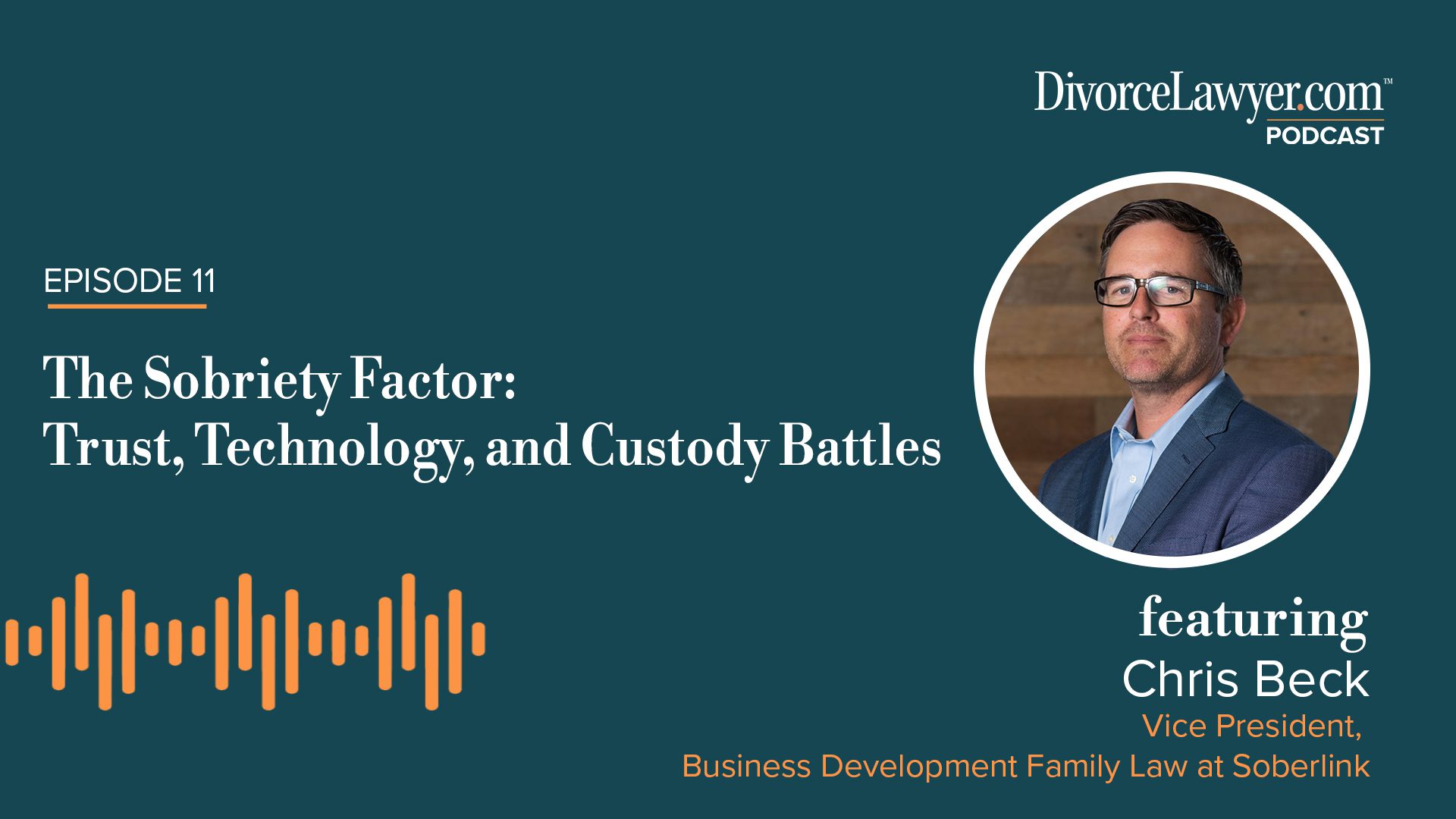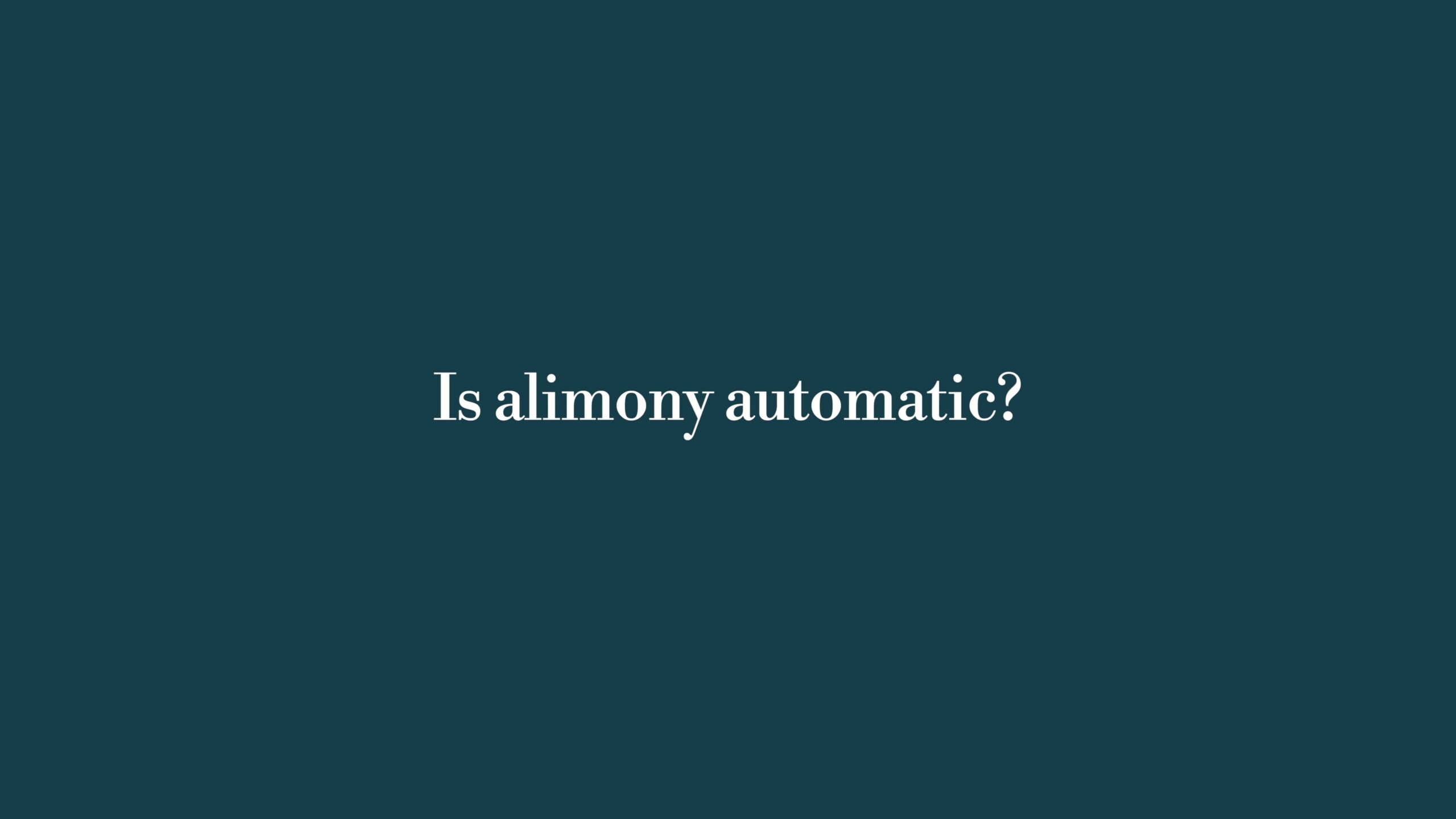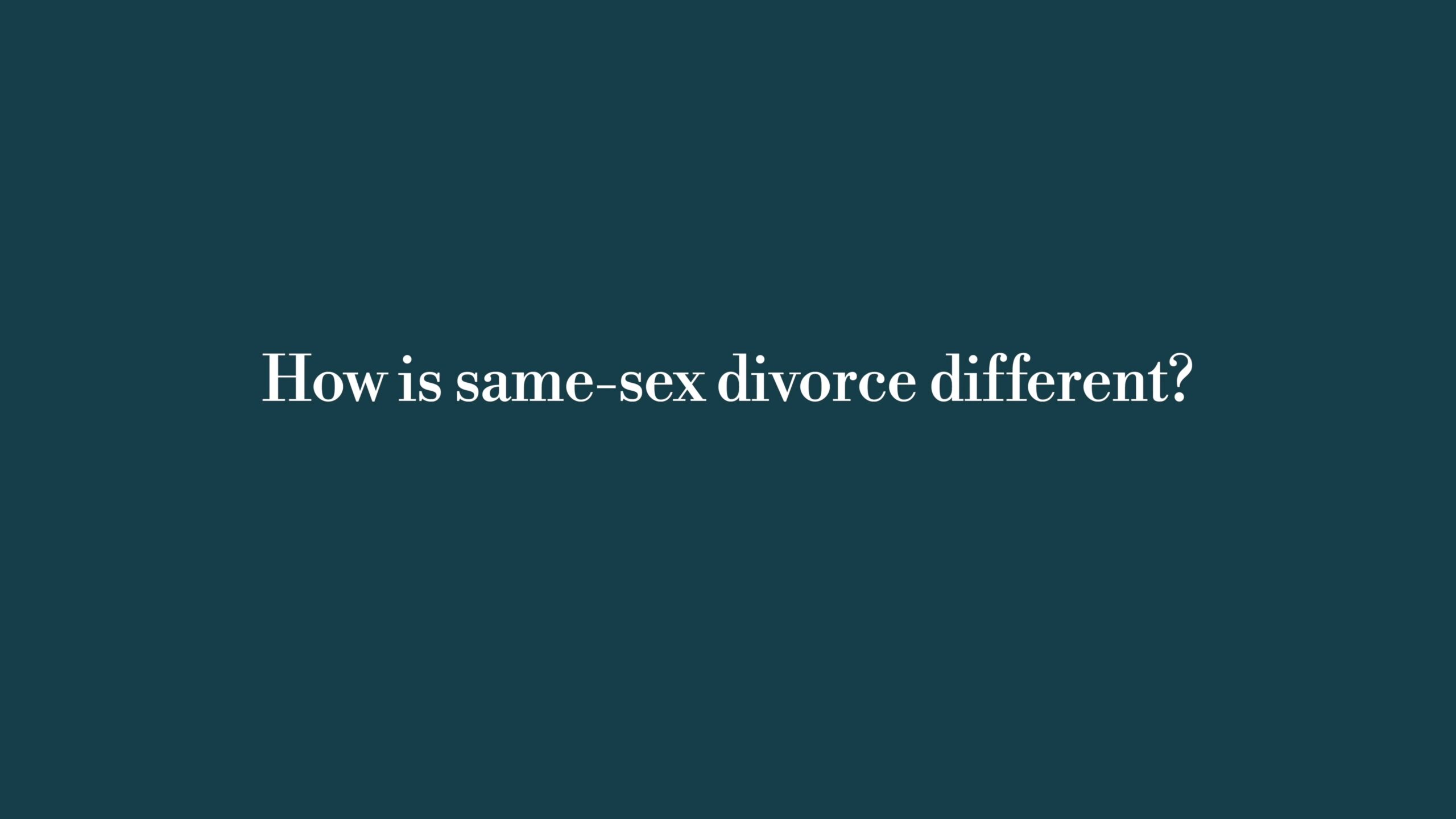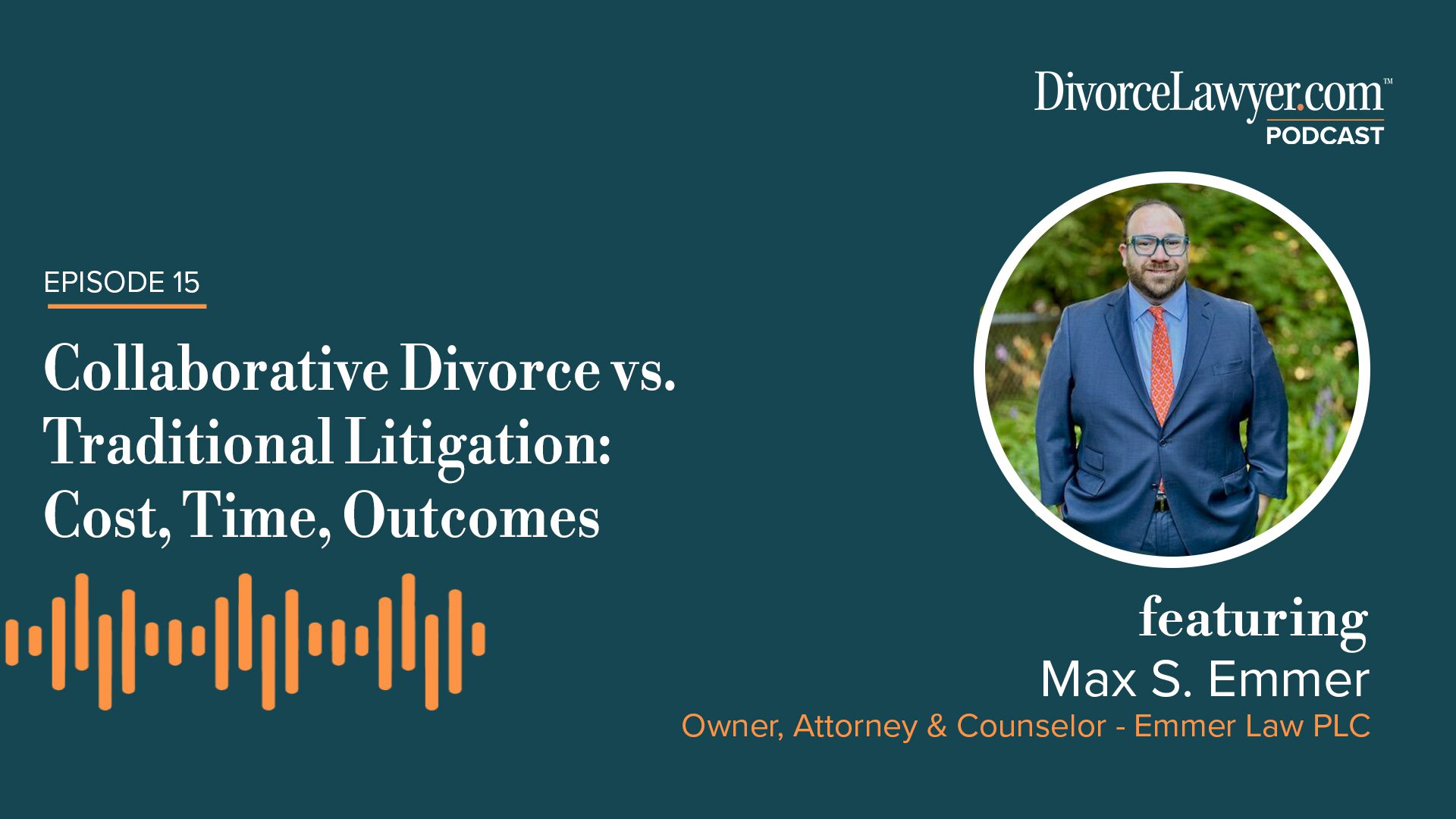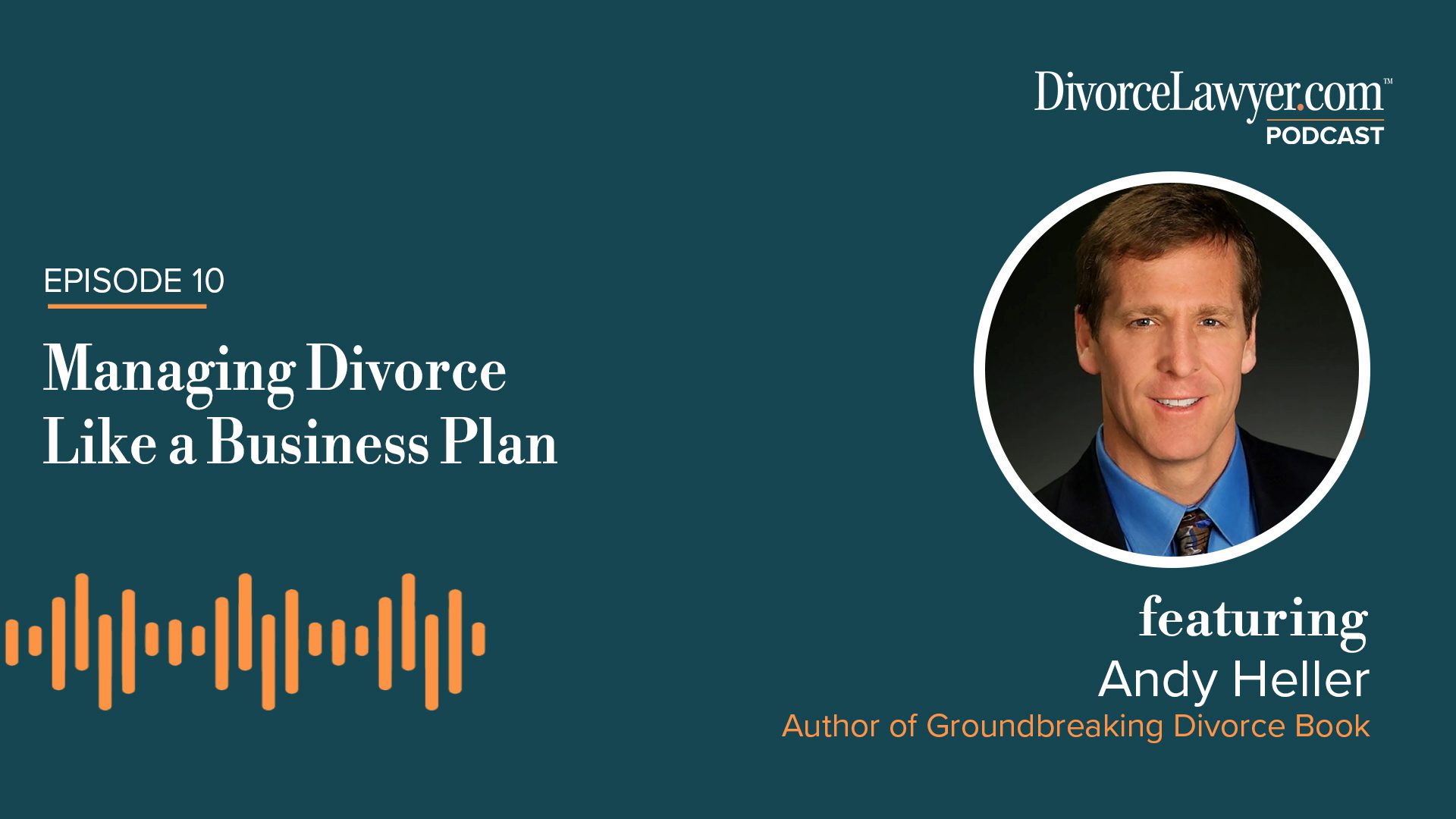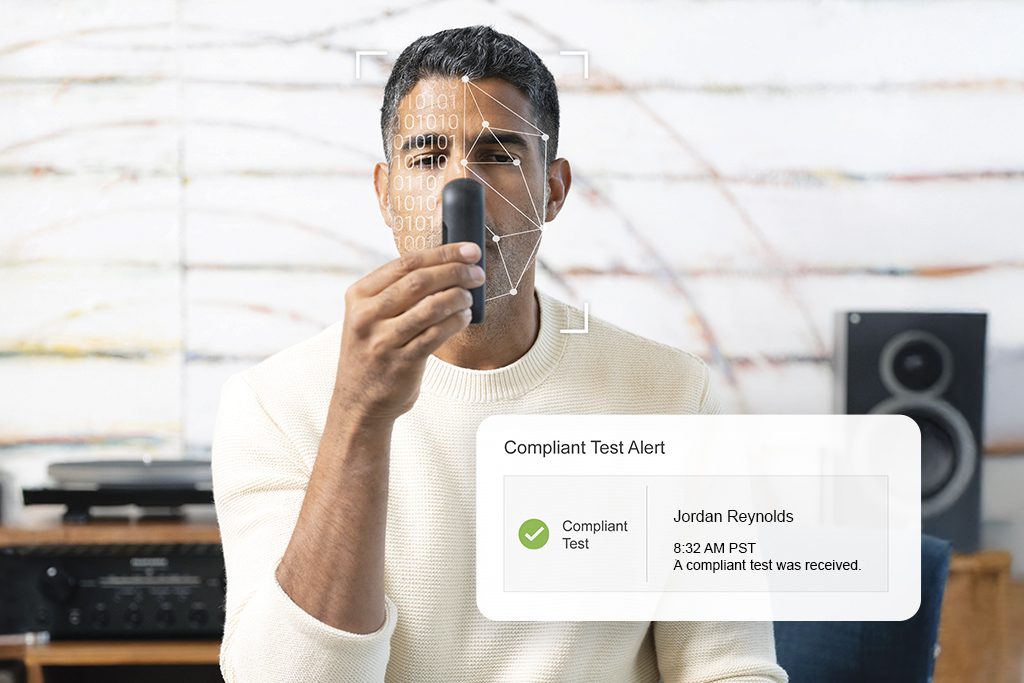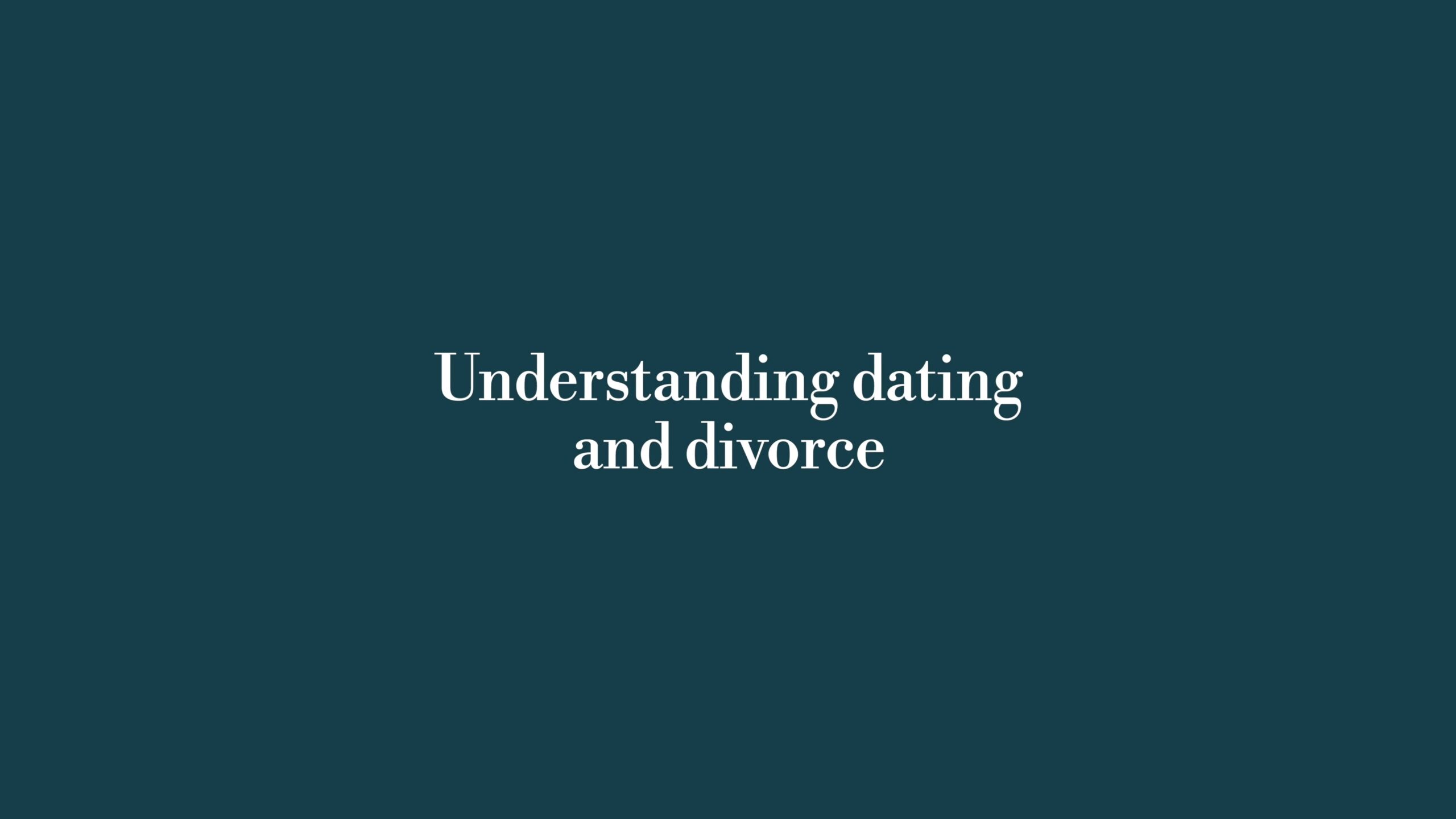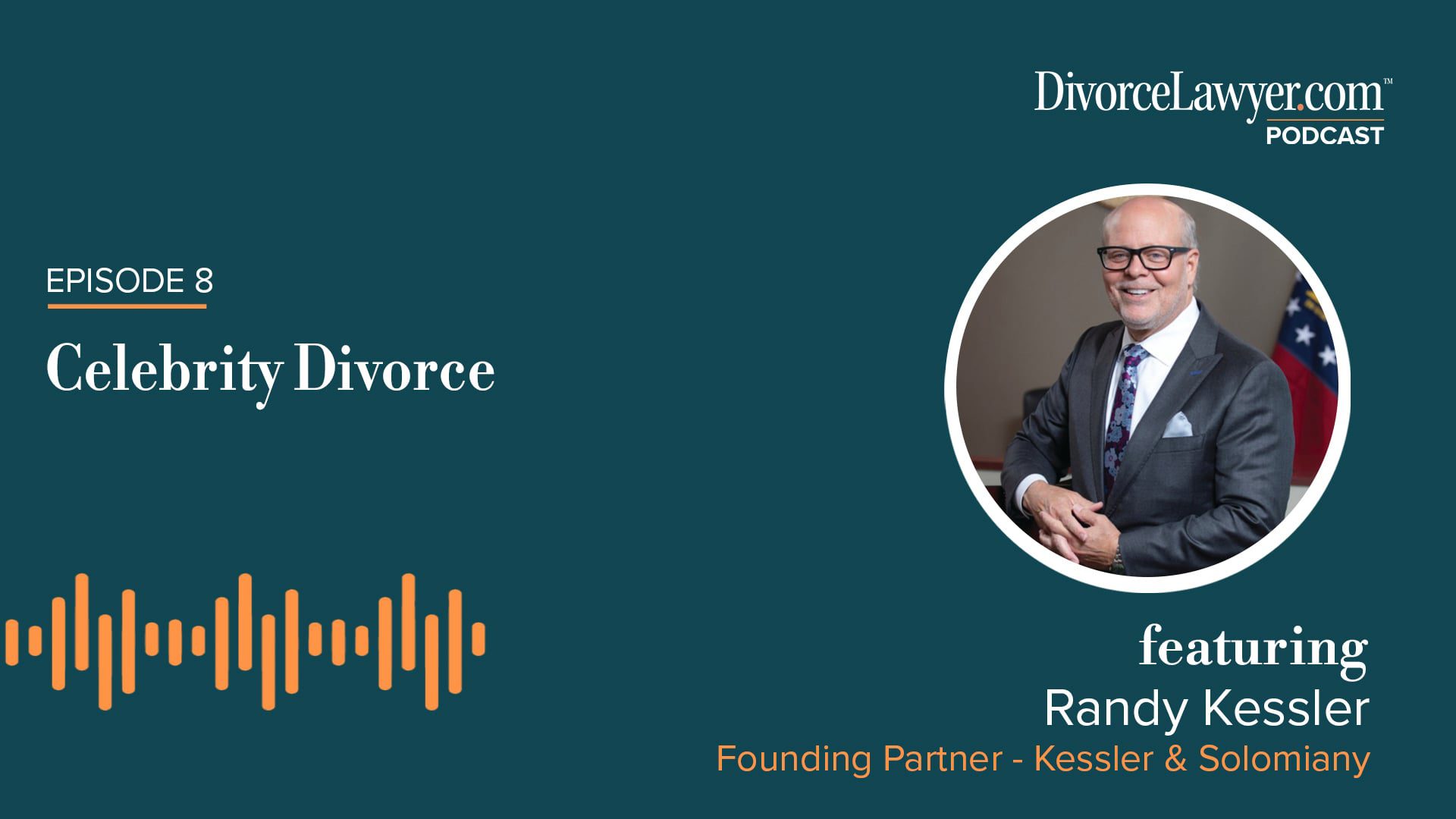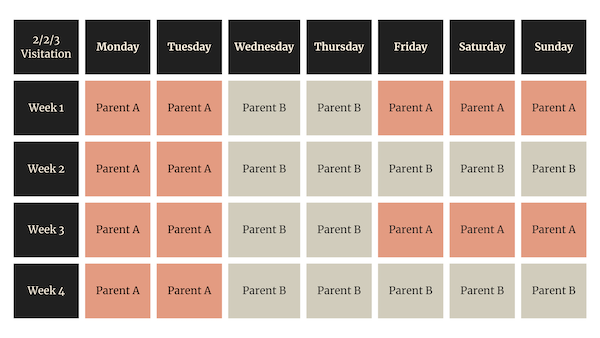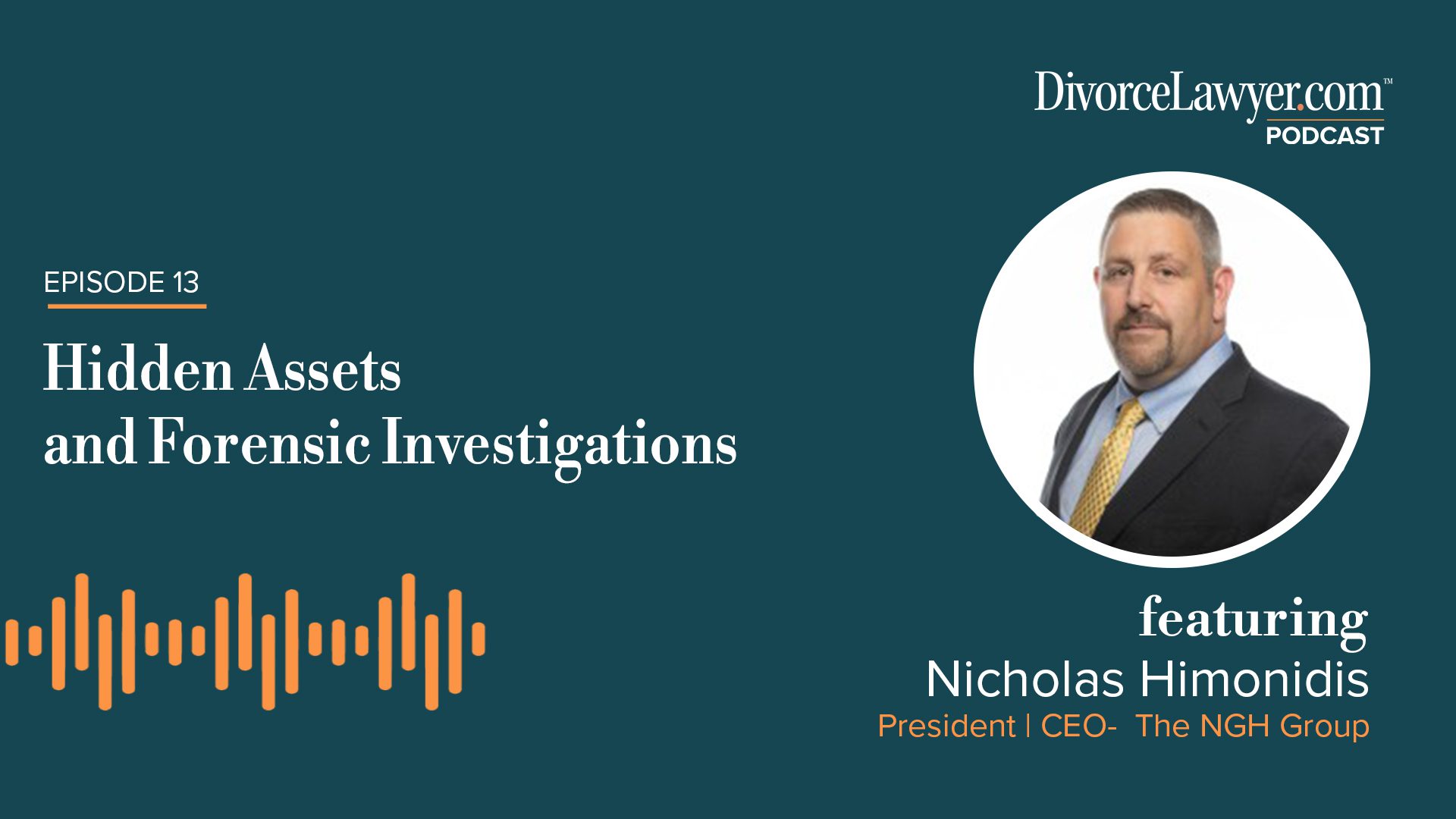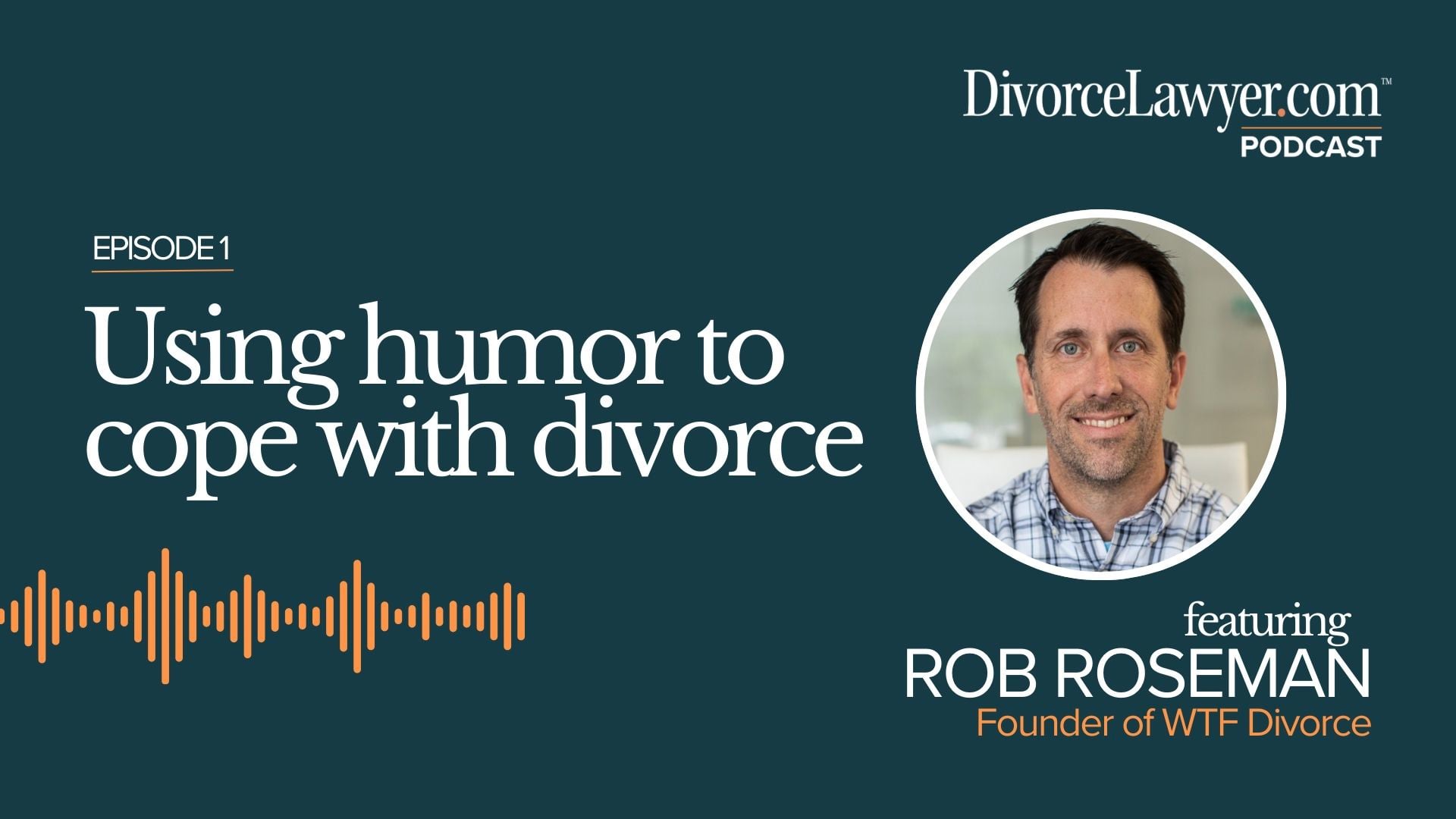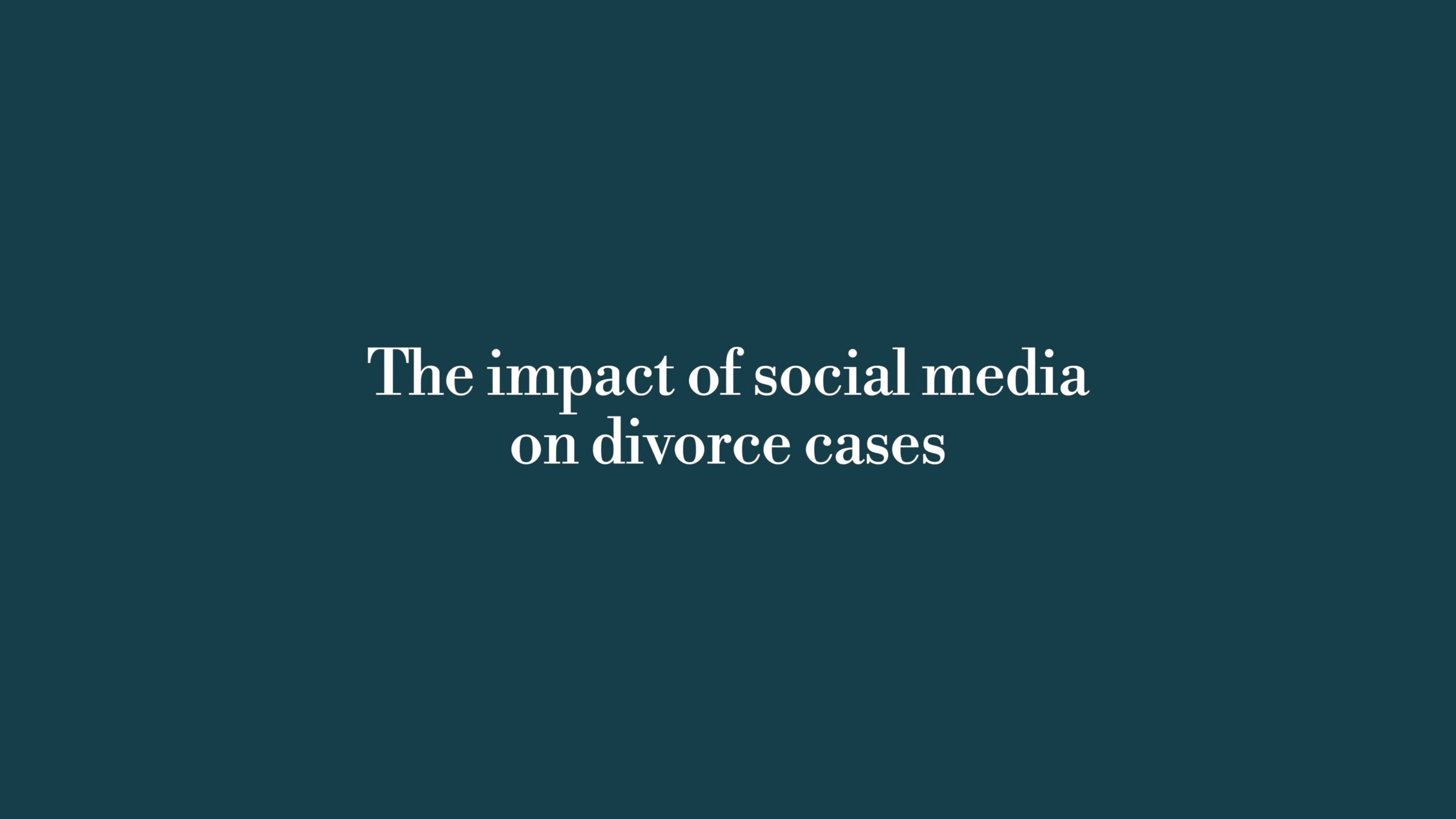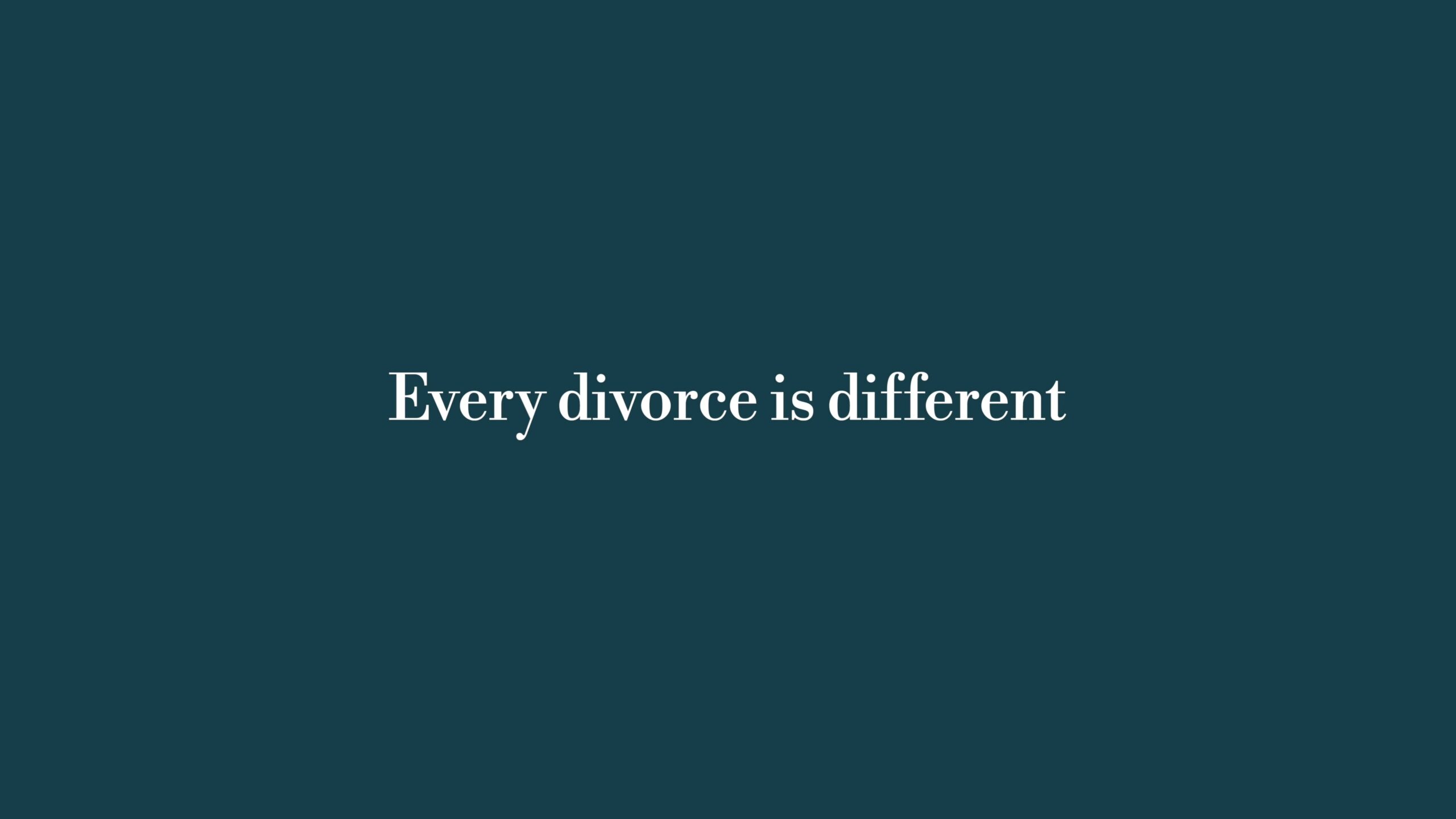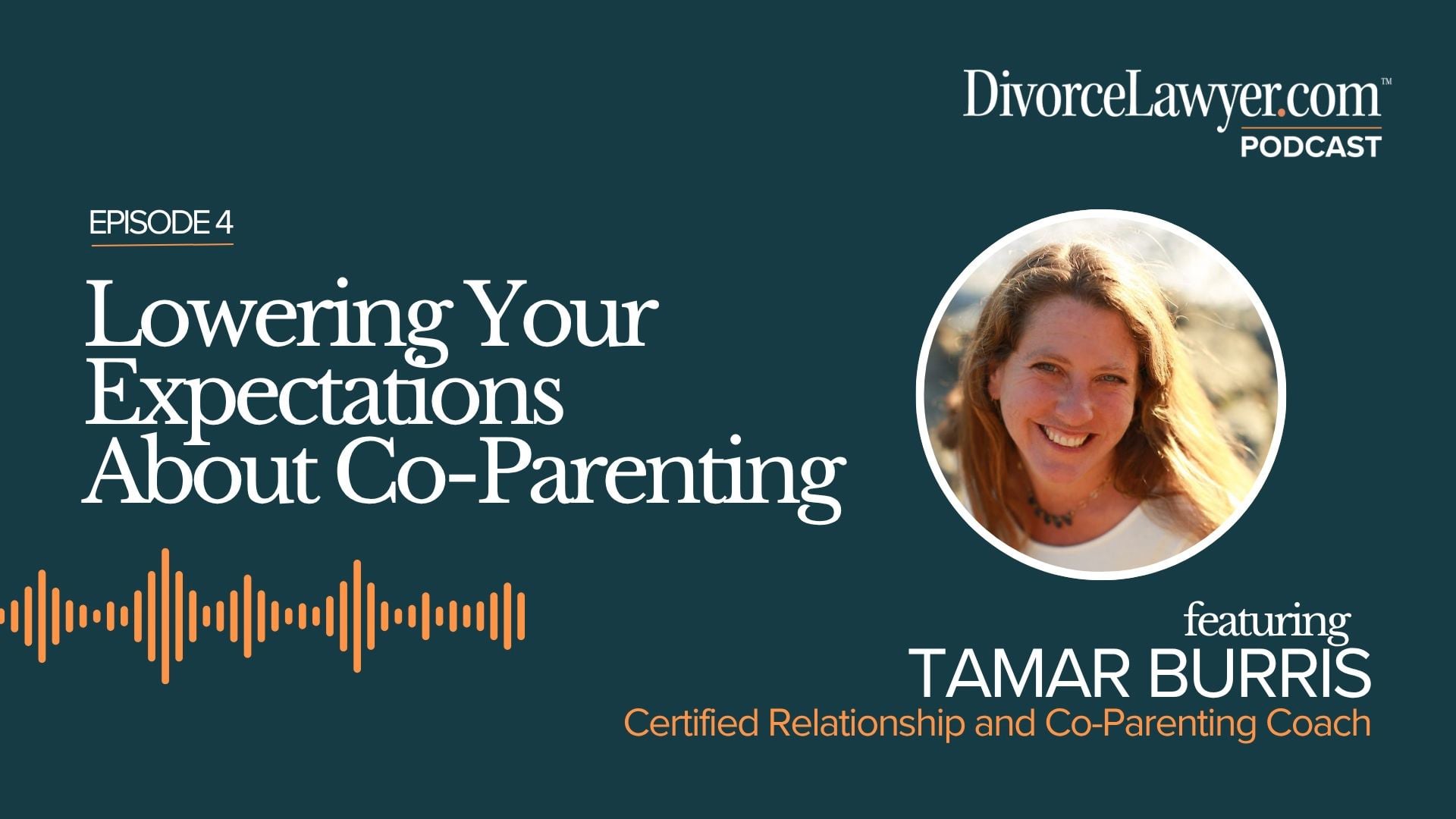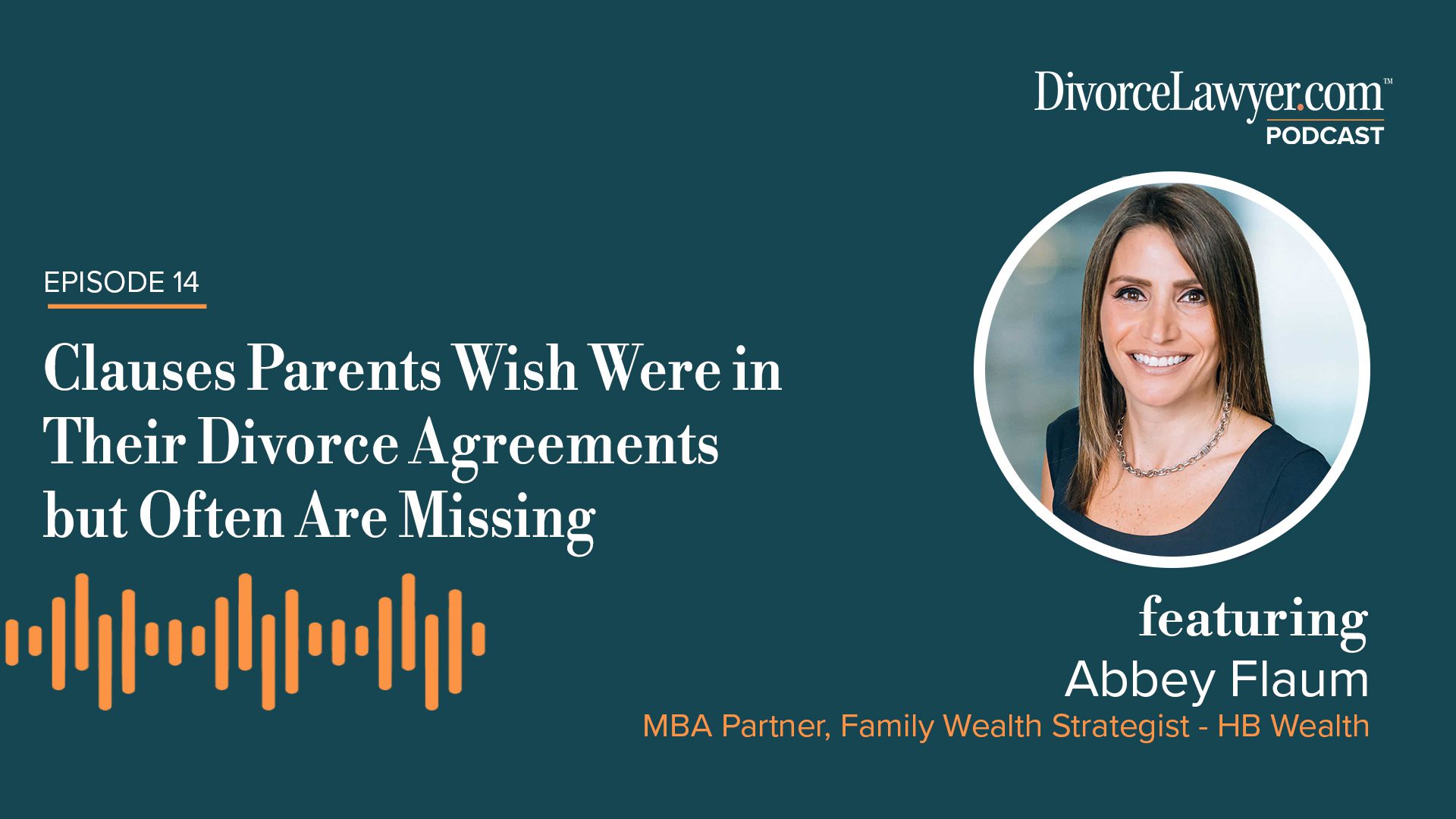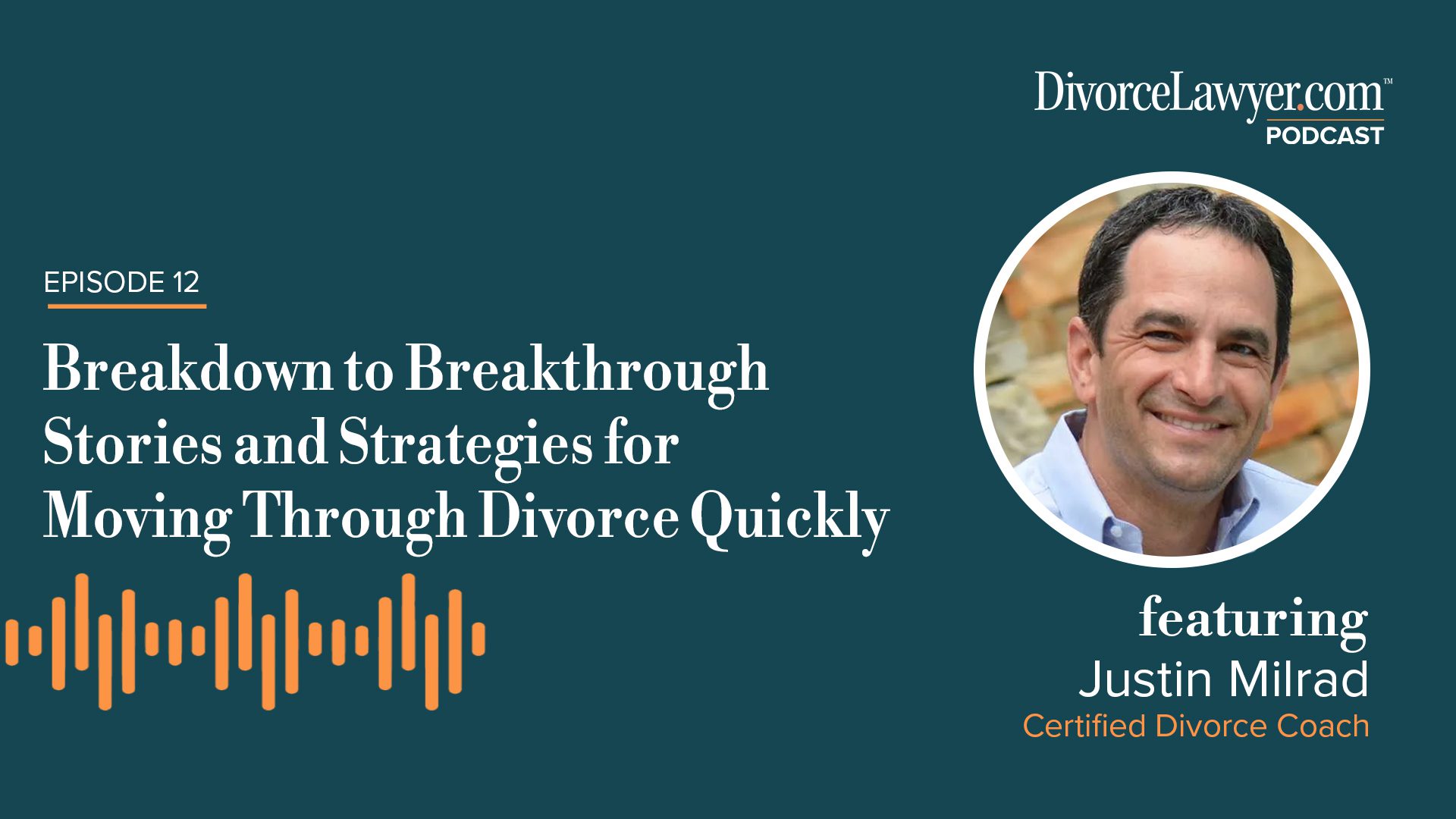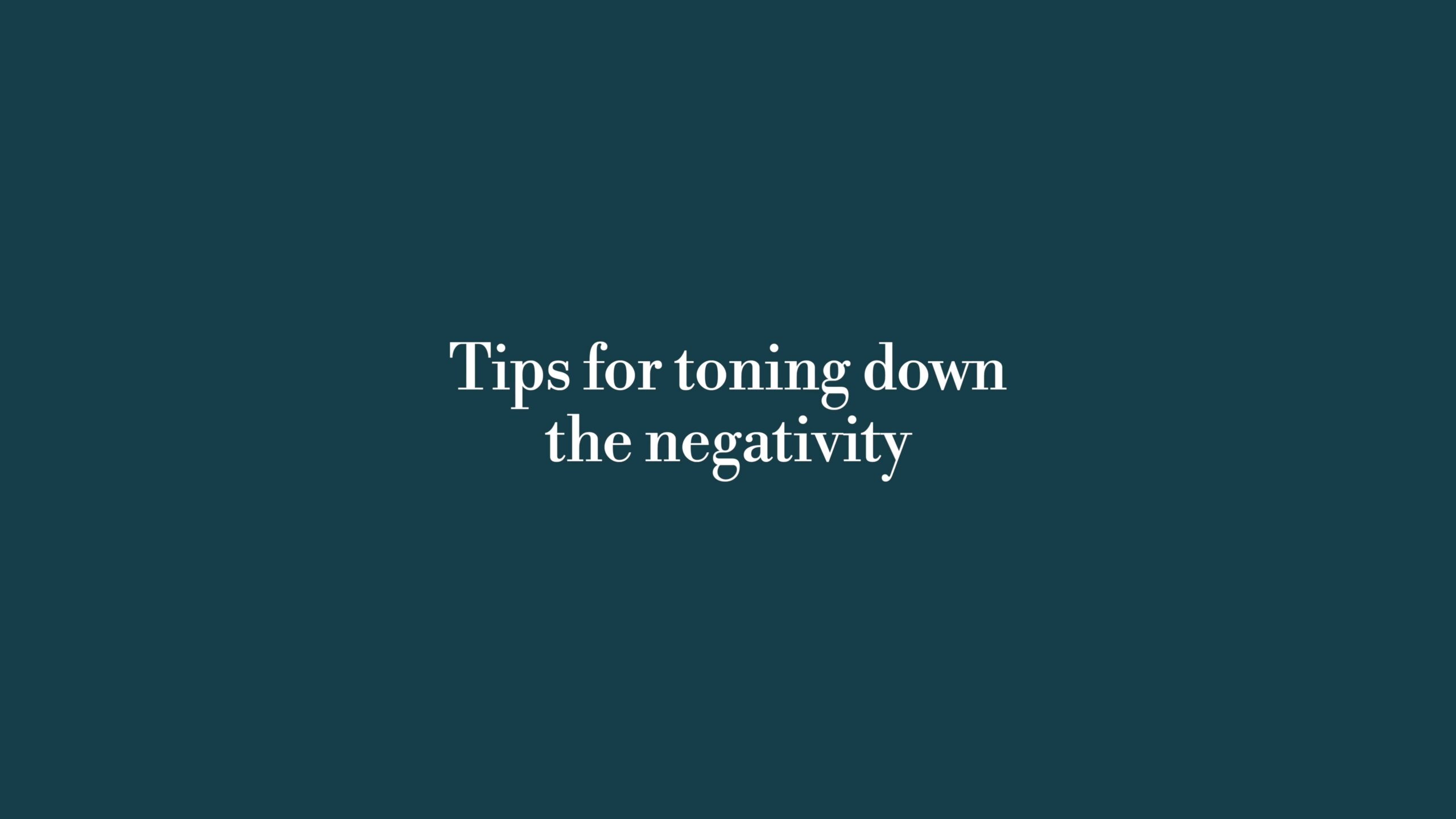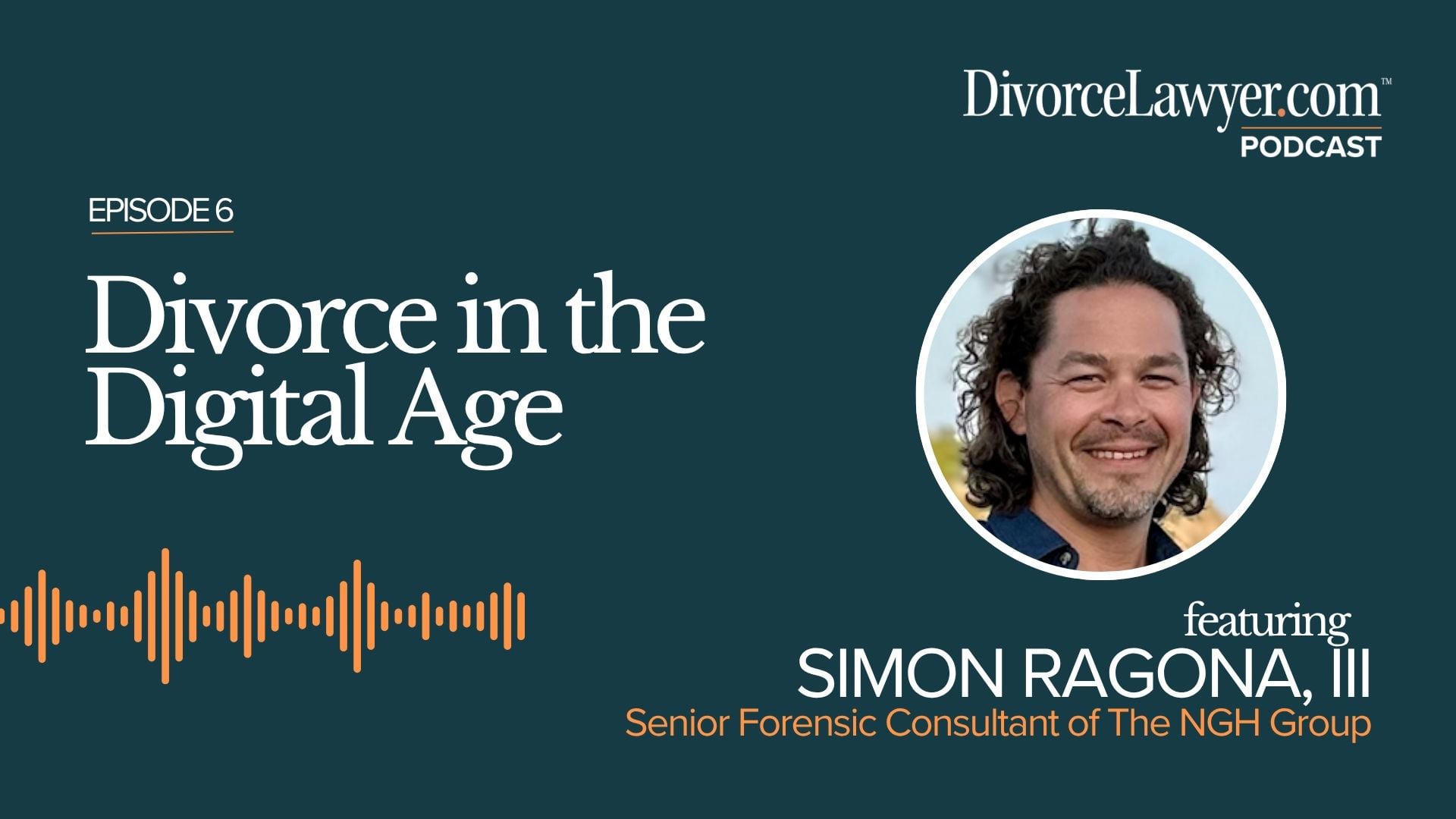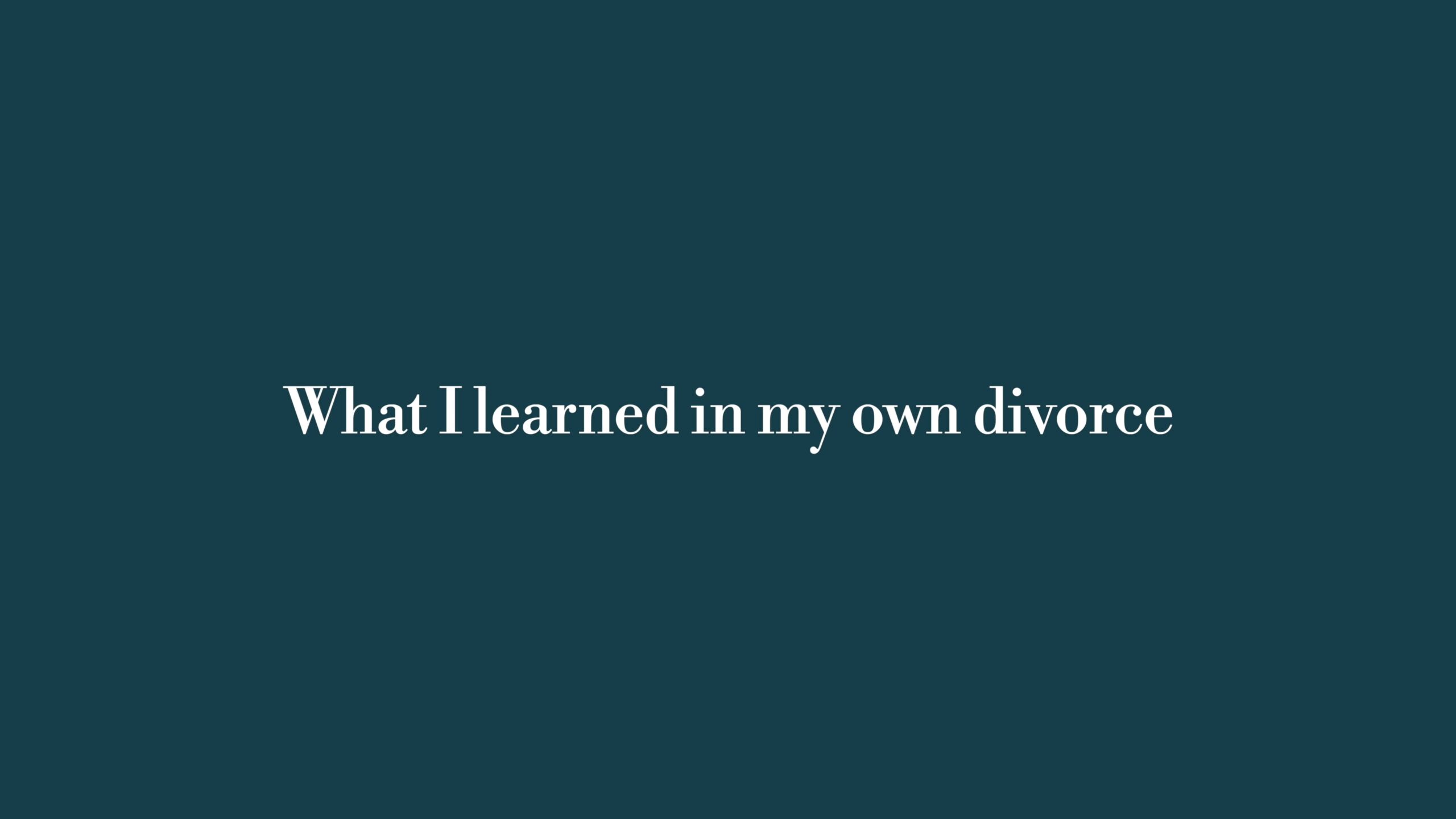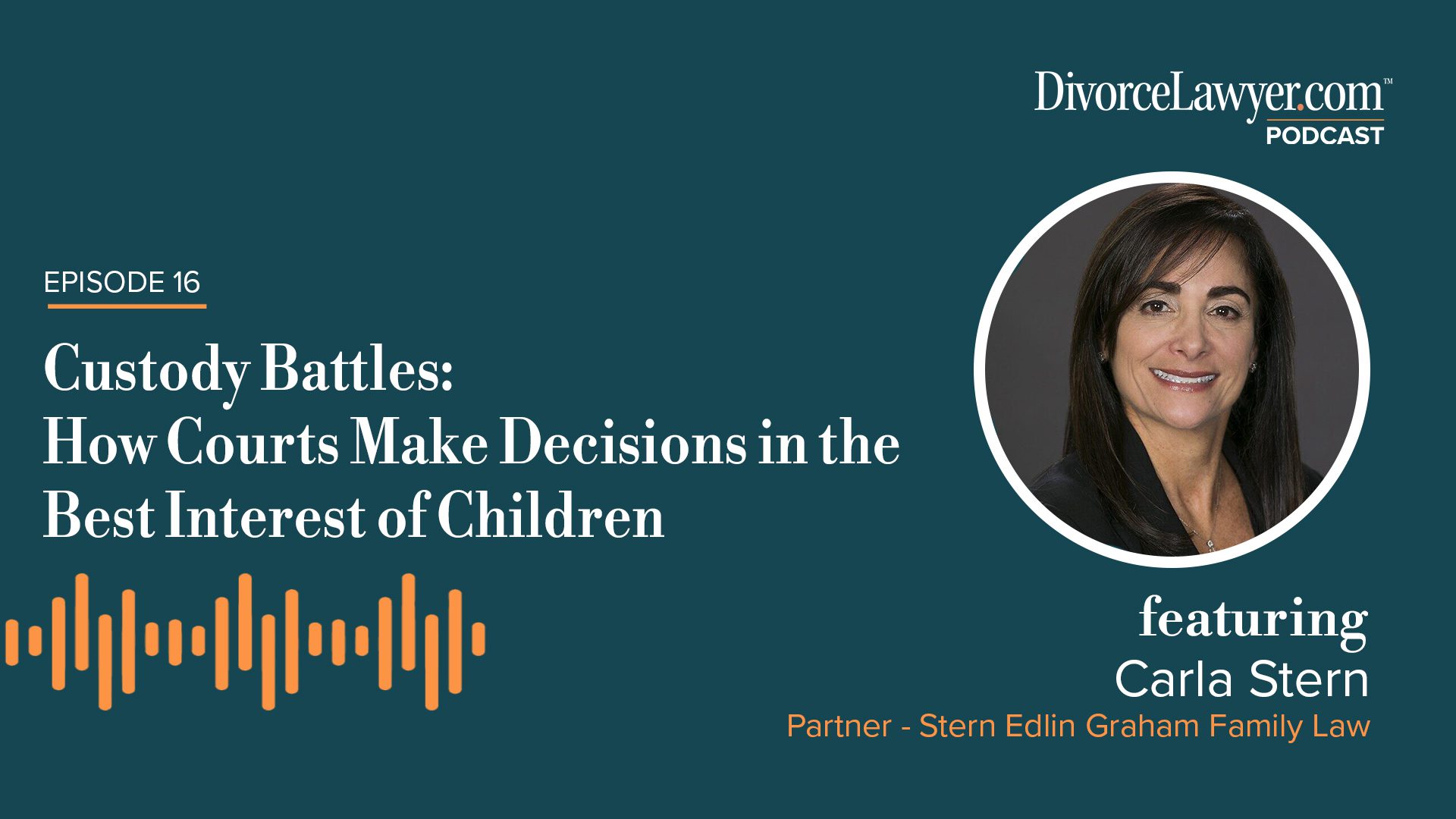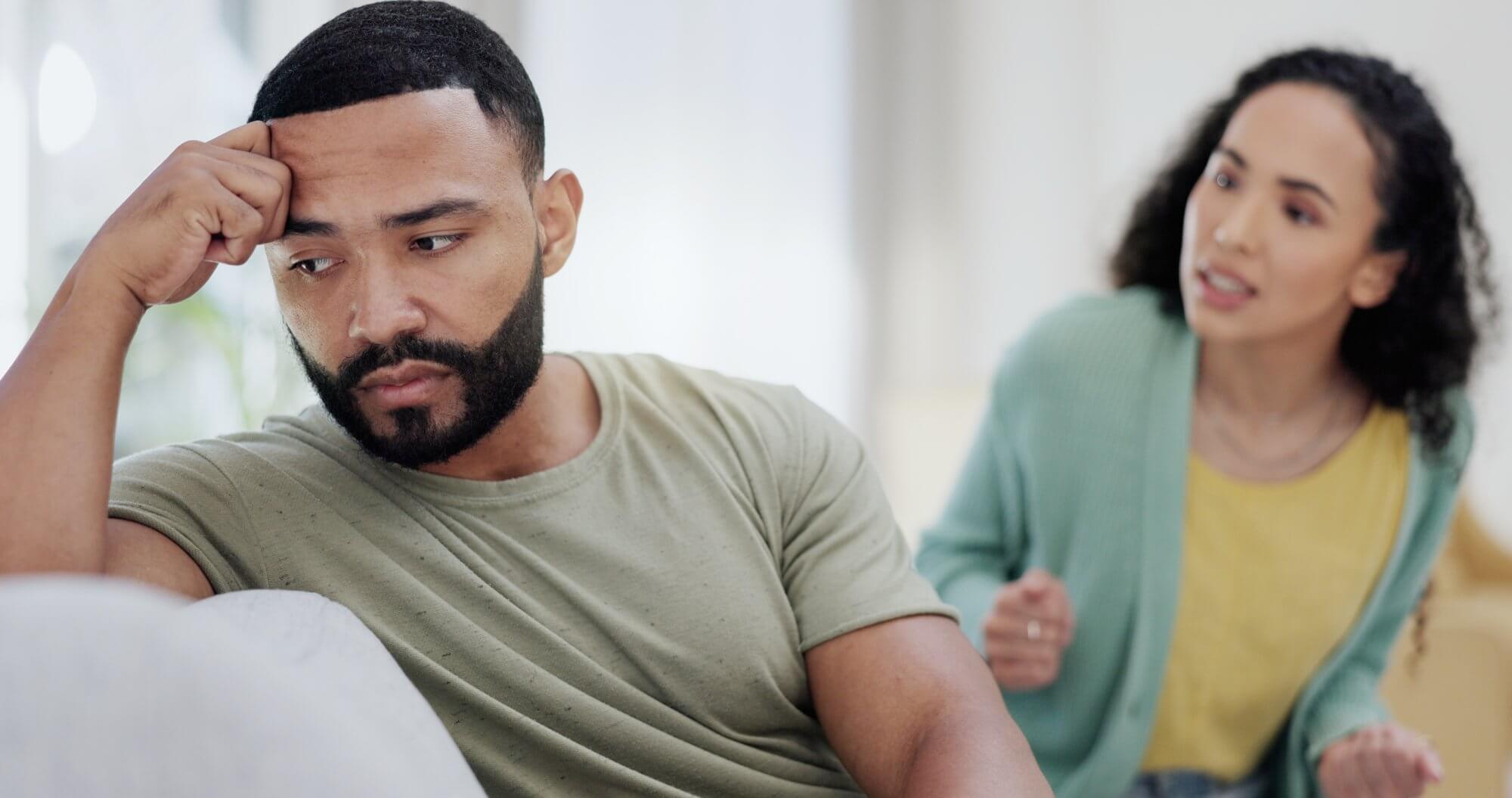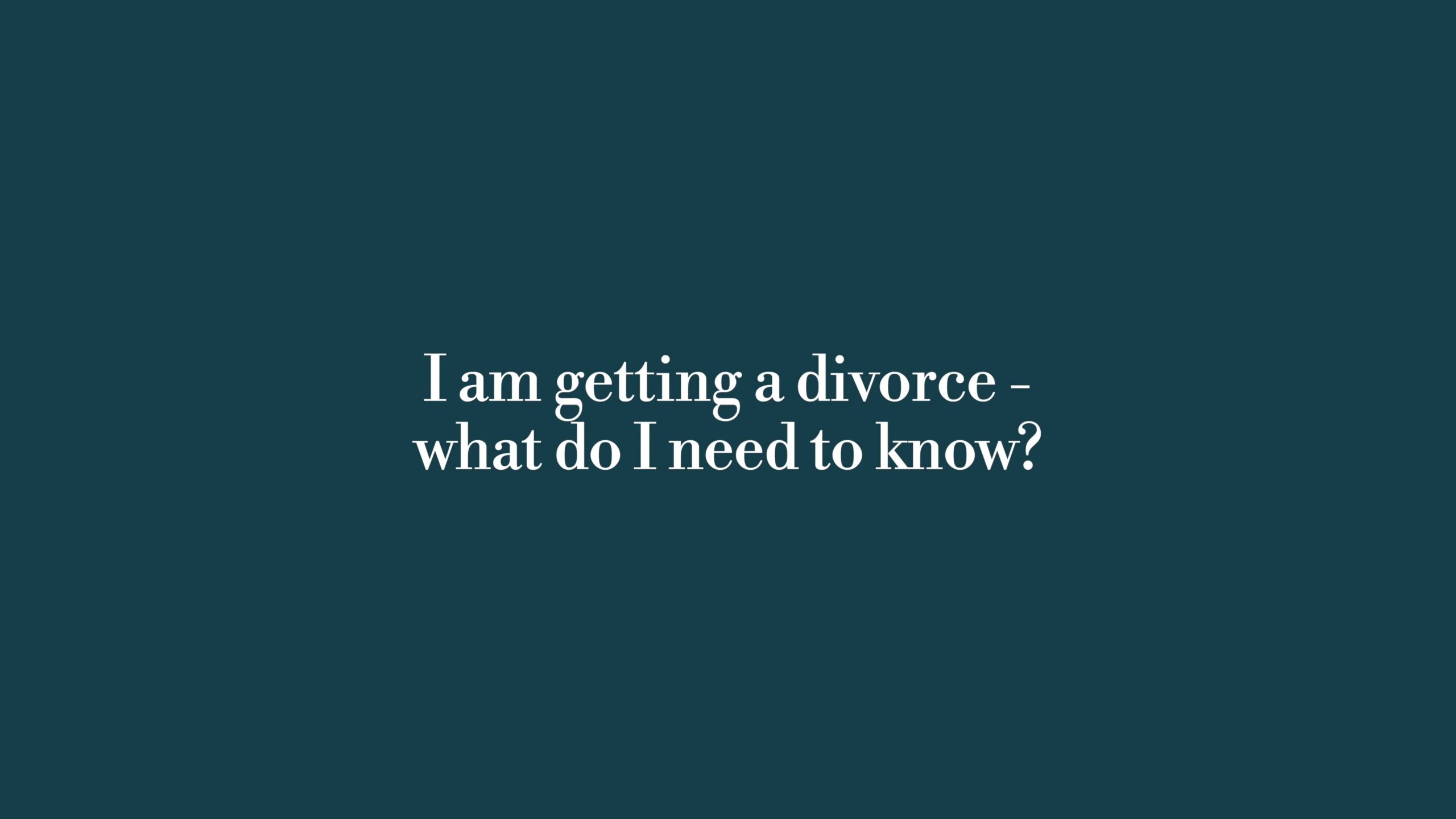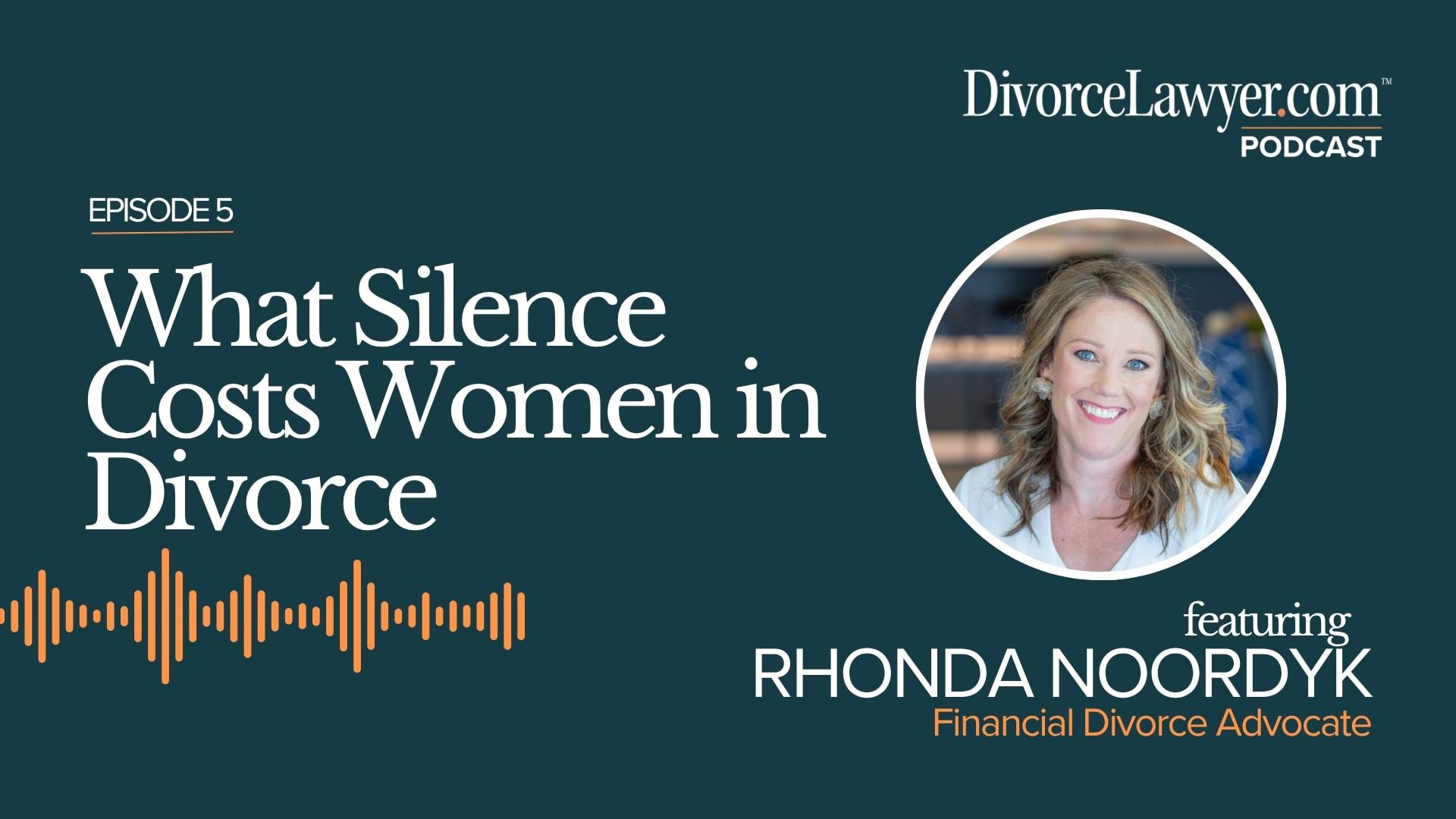Chaos to Clarity – Divorce Coaching
OVERVIEW
In this episode, Cindy Stibbard, a Certified Relationship and Divorce Coach, discusses the role of a divorce coach, the differences between coaching and therapy, and the essential questions individuals should ask themselves before considering divorce. She emphasizes the importance of emotional readiness, the need for support systems, and how a divorce coach can help clarify decisions during this challenging time. Cindy also highlights that divorce does not equate to failure but rather a transition in life, encouraging individuals to explore their true needs and values in relationships.
HIGHLIGHTS
- A divorce coach helps navigate the decision-making process before divorce.
- Therapists focus on past issues, while coaches focus on present and future actions.
- It’s essential to ask yourself if your core values are being met in your marriage.
- Understanding the purpose of your marriage can clarify your feelings.
- A long-term vision for your marriage is crucial for decision-making.
- Indifference in a relationship can signal it’s time to move on.
- Divorce is not a failure; it’s a transition to a new phase of life.
- Support systems are vital during the divorce process.
- Hiring a divorce coach can provide clarity and direction.
- Every divorce situation is unique and requires tailored support.
TRANSCRIPT
Devon: Welcome to the divorcelawyer.com podcast, building the world’s largest educational resource and community dedicated to divorce. We are joined today by the one and only Cindy Stibbard. Cindy is a Certified Relationship and Divorce Coach and a leader in her field. Today, we will explore what a certified divorce coach is, the questions to ask yourself before leaving a relationship or divorce, and how do you know if you should hire a divorce coach? So welcome, Cindy.
Cindy: Thank you. Yes, it’s a pleasure to be here, and I’m really excited to be connecting with your audience. And I know this is such a well-needed place that you offer people to come and be educated in what’s a very scary decision, or a very scary world or even prior to making a decision. So, thank you for doing what you do.
Devon: Absolutely. Well, thank you for that because I don’t think there’s enough vulnerability going around. I think we all struggle with similar things, certainly people contemplating or going through divorce. So, to hear from an expert like yourself is really helpful for our audience. So let’s start with the most broad question. What is a certified relationship and divorce coach?
Cindy: Yes. So when I was going through my divorce, I was overwhelmed by the amount of women that were reaching out to messaging me privately, acquaintances that I had said, oh, wow, I didn’t realize, you know, you were going through a divorce, you were that unhappy. What are you doing? How are you navigating it? Because I’m thinking about it too. And I realized during that time that there were so many women who were struggling with making that decision. And I thought, there’s got to be a better way for me to help people than just sharing my own experience. Like, there’s got to be something in education that I can do so that I can really steer these people in the right direction, give them the support they need without. Without becoming a lawyer, without going back to school and becoming, you know, a therapist.
However, I was able to do training and schooling in becoming a certified divorce coach. And so I do have a certification. I do have a variety of certifications, actually. If anyone wants to know them, they can go over to my website @ cindystibbard.com but what a divorce coach does, the way that I can best describe it is we sort of fill that gray space between, in therapy, you’ve decided it’s no longer working and you want to get divorced prior to jumping and getting a lawyer is that person that sort of bridges the gap between, I think I’m making this decision, but I need to know for sure how this is going to go do I want. Is this. Is divorce right for me? Is right now a good time for divorce for me?
What are all the things that I need to consider before I go and retain a lawyer or what kind of lawyer do I even retain? Because, as we know, not all lawyers are made equal. And I’ll not. And not all paths to divorce are meant for everyone, either. And so a divorce coach is really to figure out what is the right path for you now, and how do you take that? Because when we don’t necessarily know that on our own. And so my coaching and my training and my experience is all around how to help you now, what you don’t know in this very vulnerable, very confusing and overwhelming time.
Devon: Terrific. You actually started to address my second question, which I think is a common one, and that is, what is the difference? Let’s drill down on a few things, if we could. What is the difference between a therapist and a divorce coach? Now, being in the business and hearing from people, the way I see it, they’re very different. Very different. But people tend to just cobble together. I need one or the other.
Cindy: I think you actually need both, especially if you’re going down or considering the path of divorce. I mean, a therapist to me is like going to the gym for your body right, or eating well. You need that person in your life who’s constantly getting you to grow in your mind to unpack all your childhood stuff. As a divorce coach, we’re not going back to the childhood. We’re looking at where you are right now in your relationship and how do we take the right steps to move you forward and what that looks like for you. And you’re going to likely need a therapist through this experience as well, because they’re going to need to help you understand who you are and why you’ve got here where you are and going back into the old patterns of your marriage.
Whereas a coach, yes, I’m here to also navigate that emotional piece, but not to go in a place that’s going to unpack all of those psychological issues that you might have from the past or things that you’re working on. We’re going to look at where you’re at right now, how to navigate emotions as they arise, and what to expect moving forward. And also the difference, I think, between a therapist and a coach is I’m here to really hold you accountable for change. I’m not here to just listen to how you feel things should be or how it lands for you, but to really make it clear the direction that you need to take so that you can actually feel differently, do differently, be different. Three months to six months from now. I don’t want us to be in a.
In a relationship where you’re still working with your divorce coach two years later. You know, we need to have a defined outcome in terms of transformation, goal setting, really change that needs to happen, that is too scary to make on your own. And so as a coach, that’s really my job is to guide you and hold your hand when it’s hard, when it’s scary, when you don’t think you can. Not just to listen to you, but to show you the way. Does that make sense?
Devon: It makes complete sense. And when we first met, as we’re getting to know each other better, there were two things that struck me. One was your obvious passion and clarity for what you’re doing. I mean, this is. And we speak to a lot of people. This is absolutely your true north. The second thing I can tell you that I felt immediately was that as much as we all run businesses, that you’re selective and you’re not a yes person. And it seems like it’s really important that someone finds someone like yourself that obviously possesses those two things, because you’re not there to necessarily tell people what they want to hear all the time. Is that right?
Cindy: Oh, my gosh, yes. You. You nailed it on the head. And I think I’m. I’m. I guess I’m a very compassionate, very empathetic person, but I’m also a little bit of a school of tough love. You know, I’m going to be that best friend that tells you what you need to hear, because you need to hear it, and you don’t want to hear it, but you know, you need to. And so my job is to share that. That truth with you and help you move forward, because when we get stuck, it’s usually in a place of fear. And our therapist is there to help us come to our own conclusions, but your coach is there to help you come to the conclusions and the answers together. And I love what I do. I feel like you’re right. At 49 years old, I found.
I found my calling, and I’m here to really help people through this very difficult part of life, because I went through it, and I wish that I had someone like a me when I was going through it, too, because I would have made so many different choices had I had someone to shed light on what I didn’t know or how I didn’t, how I wasn’t seeing through my emotions in a rational way. And so when you have that person beside you who’s seeing, making the visible or the invisible visible, and who. What I like to say is I have a rational brain. When my client’s rational brain isn’t working, you know, I’m there to help you see what you need to see and then take you there.
Devon: And that isn’t a judgment, it’s an observation. It’s quite the contrary.
Cindy: Yeah.
Devon: Yeah. All in all, in the pursuit of helping your clients and saying that too.
Cindy: I just want to add one more thing is I feel like people who feel like, oh my gosh, I can’t work with the divorce coach because I’m not ready to get divorced. And I think that’s the beauty. And maybe what sets me apart from the average divorce coach is that my role, what I really do is work with people who are just considering it, just contemplating it. Neither. I don’t want to push you one way or the other. You know, divorce is not my agenda. It’s for me to really shed light on what would divorce look like for you? What would the vision of your life actually look like if you were to get divorced? And let’s even break it down so granular in terms of financially, what would that look like? Sharing the kids between two homes, what would that look like?
How would it feel? How can you envision what your life could be? And when we don’t create that plan and that vision, then we are so much more fearful of that path of divorce because we have really no idea what that looks like. And so I’m not here to judge you one way or the other. If you want to stay or you want to go, it’s completely up to you. But my job is to open you up to the possibilities of both.
Devon: Super helpful. So that sets the next question up. The central question, which is what are the questions you should ask yourself before leaving a relationship or divorce? There’s so much. So what are the things there are.
Cindy: There are so many. And I have a 20-question sort of inventory on my website that people can go download that really takes you a little bit deeper. But the three high-level questions I always like people to ask themselves is one, you know, what are your values or your core values being met in this marriage? Like, are you truly being met where you need to be met? And is that, let’s say your core value is honesty and transparency, and maybe emotional intimacy? Are those things being met for you? Maybe your core values are financial security and personal development and growth and family. Are those core values being met in this marriage? If they’re not, then considering why that’s not happening. Is it the difference of personality?
Is a difference of values just in terms of a fundamental foundation with your partner? Can you build on it? Have you communicated this? But to see, sort of, first of all, are your core values being met? Secondly, I like to ask my clients, you know, what is the purpose of you being in this marriage? And we all have different reasons for being in a marriage or keeping a marriage going, right? It might not be the fact that you’re in love anymore, and this is your person, and it’s like, you know, this beautiful, overwhelming honeymoon. Your purpose might be, I want to grow wealth with someone. I want to build with someone. Your purpose might be, I want to have a family with someone, and have extended family with someone. So really look at like, what are you here for?
What is the purpose of this for you? And then the third question I like to ask is, what is your long-term vision for this marriage? Because if you can’t see what that future is really clearly, and if that’s not a future that you’re excited about and that you really can’t wait for, you know, when the kids grow up and they’re off to college and it’s just you and your spouse left, what do you see in the future for the two of you? And if that doesn’t make you feel at least a little bit warm and fuzzy inside, then ask yourself, really, maybe the future vision I have for this marriage might be stopping here. Maybe my role and their role in my story is ending and might end here.
So those I know are really high-level questions, but they start to get you thinking deeper about why you’re where you are at and what needs are truly being met in terms of the reason behind this relationship.
Devon: I love your number two answer on purpose because we hear from so many people in our community that, you know, you’re born into a set of circumstances and marriage is just the next. It was just the next thing, it was without really questioning, without being wise or maybe mature enough to question. But I did it because that was just the next thing that was expected of me. Is that something that you uncover quite a bit?
Cindy: So much. I feel that when we’re young and we make a decision to get married, the reasons that we got together in the first place are likely not the same reasons that we’re still there now, We might have gotten together because it was the person that I knew. We were friends, and then we just kind of liked each other and then got in a relationship, and the next thing was marriage, because everyone was doing it and where our families expected us to. Or I felt like my clock was ticking and so I better do it because I’m getting older to have kids. And then we don’t have the same stresses on our relationship back then as we do now. And so the reason that you could get into a marriage could be. Well, I came from a really.
A really financially struggling family, and my partner was very well off. And so for me, that was a safety net. I mean, I’m speaking even of my own personal story here, but for me, that was a safety net. At the time, that was what I needed. And then as that changed and grew, and as that became more solid in. In myself, your needs in the relationship change, and now you’re going deeper. I need someone who can be a partner with me, who can be emotionally connected, who wants to raise kids. And then you start seeing where your true differences lie. And so I think when we’re young, we don’t see it because we’re just not in it. We can anticipate all these things, but we don’t really know what.
What the world is going to be like 20 or our lives 20 years from now. And so you see a lot of people get to this place where they’ve grown in different directions. You know, I don’t like to say they’ve grown apart because it’s not necessarily that. It’s just that they’ve grown now in different directions and need different things. And so it’s a matter of, is there enough real foundation here with this person that I can see that I want to grow with, despite all of the differences that we might have now? Do I see that this foundation is strong enough? And just because a marriage ends, to me, does not mean that it failed. It just means that you might be graduating onto a different part of your life, that this person is no longer matched for that part of life.
You know, I don’t see it as a failure at all because it was a success for the time that it lasted. And I think we need to start to celebrate that part a little more.
Devon: Yeah. So you’re in Vancouver, is that right? Yes. So what is it? What is the driving age in Vancouver?
Cindy: Well, my son’s age, so 16. He just got his learner’s license, and he’s starting to prepare for his Road test. And at 17, you can become a full independent driver.
Devon: I have a 21-year-old, 19-year-old, and a 14-year-old myself. And as you’re speaking, it just came over me. We all as parents kind of feel like, isn’t that a little bit too young, 16, you know, to start driving? When you’re talking about something as important as serious as a marriage, and you think about all the development that we do as individuals and all the stages that we’ve been through, it’s almost a similar sort of thought. Like, there’s just a lot that goes into this decision, and sometimes it works out and sometimes it doesn’t, and that’s just okay. But it almost feels like sometimes we get married too young without really knowing what to contemplate ahead.
Cindy: Yes. And that’s when that comes into the purpose. What is the purpose of me getting married to this person right now? You know, what is this going to change in terms of my life? Because you don’t need to have necessarily that ring on your finger for this to be a commitment. And a commitment that you’re going to have for a long period of time, and especially if you have got kids, that’s far more of a commitment for life than it is to be. To be married.
Devon: Right, right, right. So one of the questions that we get a lot. Drilling down for a sec, one of the questions that we get a lot from the people in our community is, am I emotionally done and ready to move on, or am I just overwhelmed?
Cindy: This is interesting because I actually just made a post about this yesterday on my Instagram.
Devon: Oh, you did?
Cindy: And it talks about. About. Right? Yeah, it talks about when we get to the point where we’re no longer angry, you know, when we’re no longer fighting to save the relationship, but we just become quiet and almost indifferent. And if you get to that place of indifference, meaning I’m neither here nor there in this relationship, that’s when we’re true. Then it’s truly over because you’ve slipped into this place of complacency and almost roommate syndrome with this person, you know, and. And it becomes a matter of what am I here for? Am I here out of fear or am I here actually out of love? And that’s when we need to start going deeper in terms of what does this really mean for me in my future?
And if, I mean, in my opinion, if you love someone and you know that you are no longer in love with them, the greatest act of love is to let them go so they can Go and find the love that can love them better. But if you are holding on out of fear, then let’s work on that. What are you afraid of? What vision do we have to create, and what reality do we have to get really right with so that you can become more comfortable with this decision? But I do feel, you know, women are classic in this way. You know, if your wife is still fighting with you, she’s still in the game. The moment she’s done fighting, that’s when you’ve got to start worrying that maybe it’s too late.
Devon: That’s a great barometer. I mean, so again, answers how therapy is so different from what it is that you do, because anybody can choose to take action and navigate things successfully. But am I seeking to escape or am I seeking to grow? And yeah, it seems like you’re at the intersection of really helping people out with the answers to those and probably many more important questions so that they can determine what their next step is.
Cindy: Absolutely. And sometimes divorce is right for them. But divorce, right, it might not be right now. They might need to get a few ducks in the row and to, you know, have a plan and to become educated and more knowledgeable in the divorce process and how it works, and even their financial world at home in their marriage before they can make that decision. Now, maybe your kids are very small infants. Let’s say I had a client last year working with me, and she had a one-year-old, and she was pregnant, and she was desperate to get out of this marriage. And let’s keep in mind, like marriage, it doesn’t have. It wasn’t abusive, it wasn’t in a situation where it was unsafe for her to be there. She was just emotionally done.
But at that stage of the game, we have to start considering what’s best for the children at this point, because you know that by law, you’re likely going to have to share this infant child with their father. Are you comfortable and ready to do that with a newborn? And I. Even though you might know that this marriage is no longer for you and even your husband might know to a certain extent what’s best to do right now as you’re in those early stages of really young kids? Because we have to also do what’s best for them. Are you putting them in an environment where you’re struggling so much that you can’t actually support them the best that you can?
Devon: So it’s the opposite of one size fits all. Every single case is unique to themselves and their set of circumstances.
Cindy: So unique. Yes. And then getting them set up with who’s then next in line to support you. You know, I mean I’m part of the process definitely, and can continue when the divorce starts. But I want to make sure that, you know, I’m directing them to where they are going to best supported. What kind of lawyer, what kind of mediator, what kind of financial expert so that we can create a team around people. You know, there’s, I love that we’re trying to break the mold of the lawyer is the only person that can help you in divorce.
And we’re now realizing that the best way to navigate divorce in the most cost effective way and the most timely way is to round your surround yourself by people who actually are experts in all the different pieces of the pie, you know, and that is how we can survive this easier and thrive afterwards. Both sides. You know, there’s no winner in divorce if someone is losing, you know, and.
Devon: It’s such an insecure time. It strikes me as a huge benefit of working with someone like yourself is the emotional component to know that you’re not alone and that you have guidance, even if it’s in support of others beyond what you do. Lawyer, financial person, et cetera. I think that’d be a huge benefit that people would miss out on in their process.
Cindy: I think it is really key, and if we want to navigate it in a different way, we have to start making different choices. And I think that it starts here, you know, and I only learned the benefits of doing that by doing it myself when I was heavily overwhelmed with the divorce process, realizing that if I kept reaching out to my lawyer every single time I got triggered by my ex husband, I was going to be broke and living under a bridge after this divorce. Because they’re not my therapist, they’re not my coach who’s talking me off a ledge to say, listen, let’s get clear on what you’re feeling right now before you decide to make this a very expensive, costly decision for yourself. And who else can be involved in here with this? A financial person. Let’s get this part really clear.
Because not all lawyers are also accountants or financial people. And that’s okay too, right? We have to get those right supports, people in place. And I think that so much, so many people don’t realize that, and that it seems like a lot of cooks in the kitchen. And I know divorce is expensive and it’s like, well, how many people do to pay but at the end of the day, sometimes by paying all of those people will be less than if you just paid one to try to do all those jobs that they don’t really know how to do that well.
Devon: Massive advice. That’s a huge point. So how do you know if you should consider hiring a divorce coach? Is a divorce coach for everyone? Based on the benefits that we discussed, we could probably be here for another 10 hours and still have time to talk about all of the benefits. So the real direct question is, how do you know? And as a divorce coach for. For everyone.
Cindy: Great question. Really great question. I think that it starts by when you’re contemplating divorce. You know, if I mean, for me, that’s. That’s really where my niche is. There are lots of divorce coaches who also just do the process or just do the recovery afterwards. And so it is a matter of what kind of support do I really need right now? Am I scared of divorce? Is my therapist, you know, here to help me with my emotions? But I’m not really getting clear on what divorce looks like. And so this is when a coach like myself could come in really handy for you in terms of. Let’s get super clear. What does divorce mean for you? What could that look like?
And if you are doubting or you’re feeling this whole, like, I don’t know, I always like to say the phrase, like, if you are saying to yourself, I don’t know, you need to hire yourself a coach, because once you hire that coach, you’ll know one way or the other what’s right for you. And a divorce coach is not here to, you know, push divorce on you. They want to see that you are making the right choice. That’s the best for you, whether that’s divorce or not. It becomes really clear working with a divorce coach, because that’s what we’re focused on. The longevity or the future of this relationship, not how we got here, not why all this occurred. We’re not going to go and unpack that. That’s for your therapist. It’s for right now.
I’ve been feeling in limbo. I feel numb. I feel confused. I feel untethered. I’ve lost myself, and I don’t know what I really want. That is when a coach can really help you get clear on where your relationship is at and where you stand in it.
Devon: Terrific. So, Cindy, please let everybody know again where they can find you.
Cindy: You can find me over at CindyStibbard.com, or I spend most of my time over on Instagram at cindy.stibbard.
Devon: Cindy Stibbard, Terrific.
The DivorceLawyer.com Podcast with Cindy Stibbard, a Certified Relationship and Divorce Coach
Contact Information – Find Cindy online here, CindyStibbard.com or on Instagram here, cindy.stibbard
